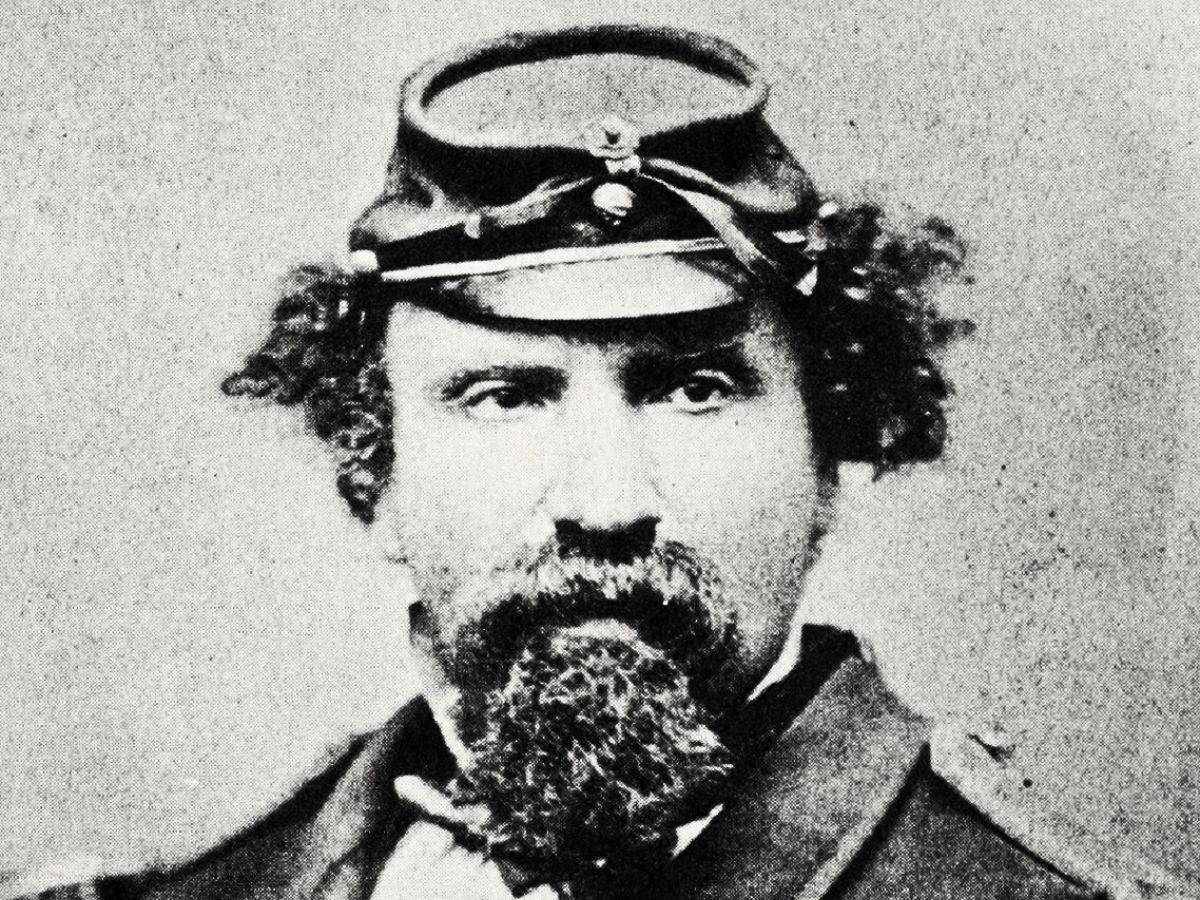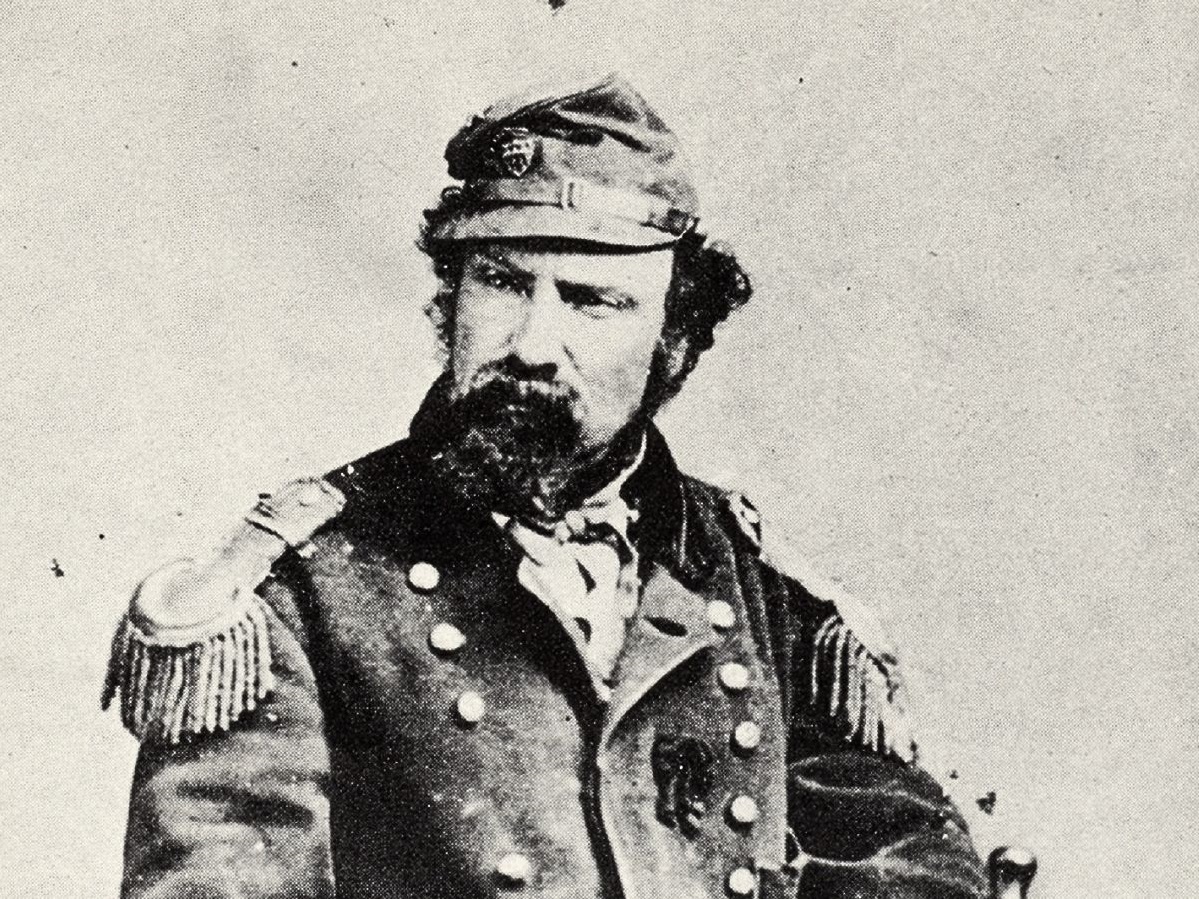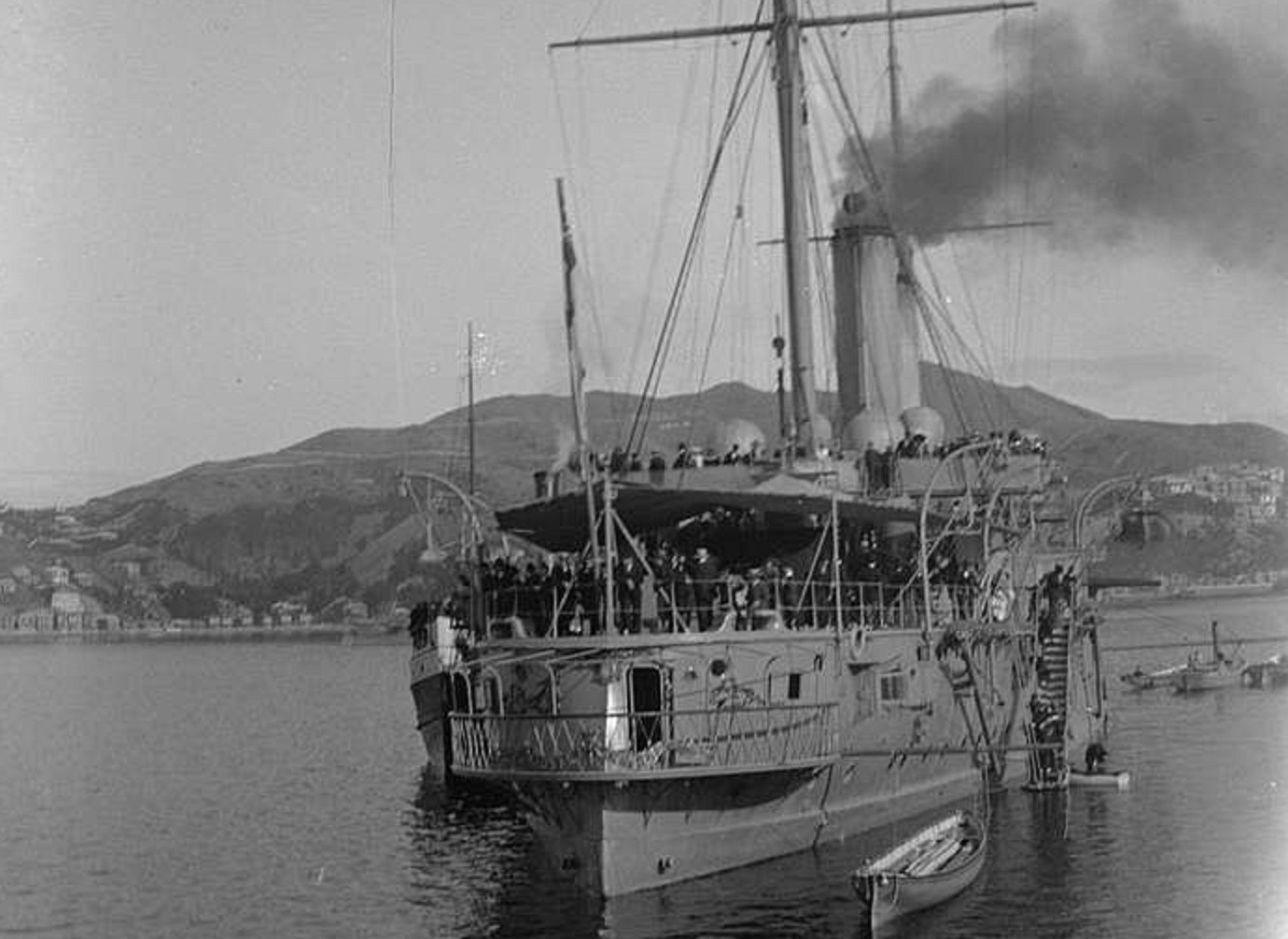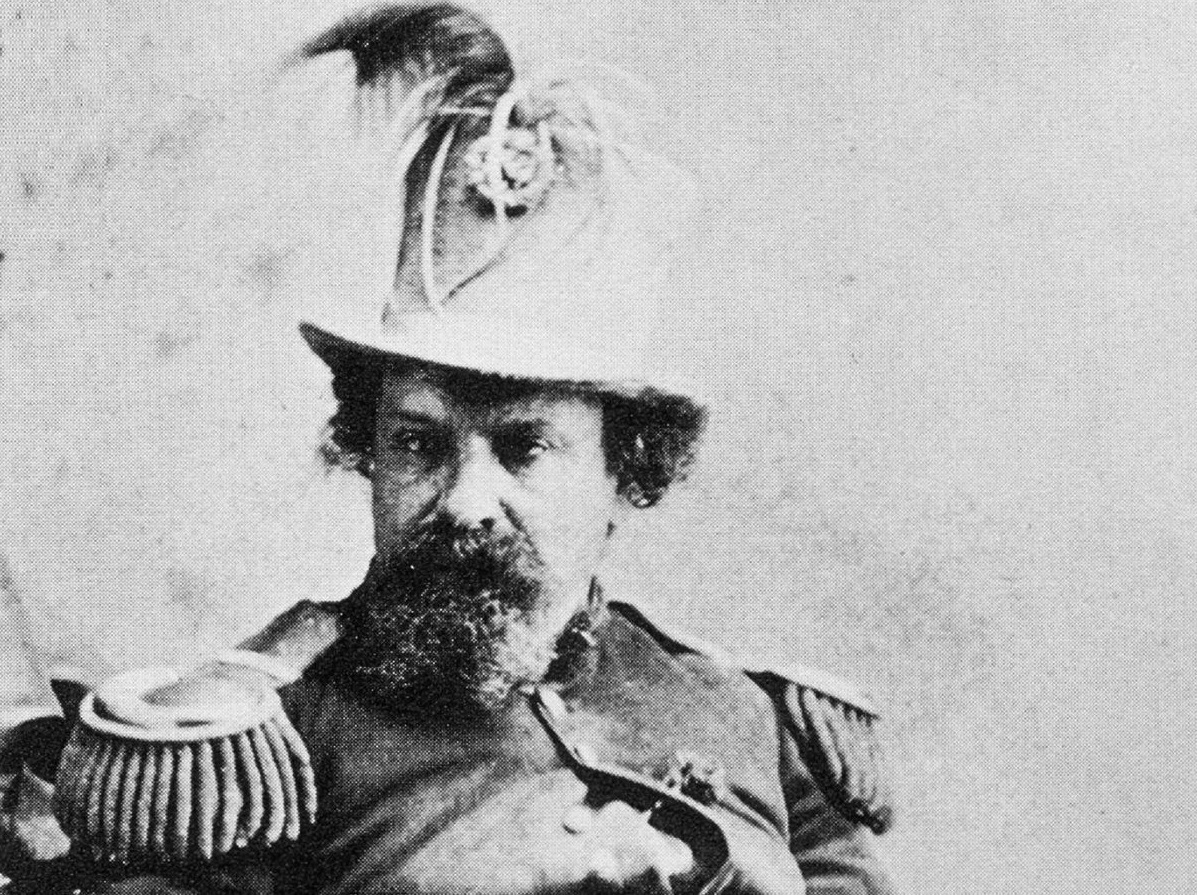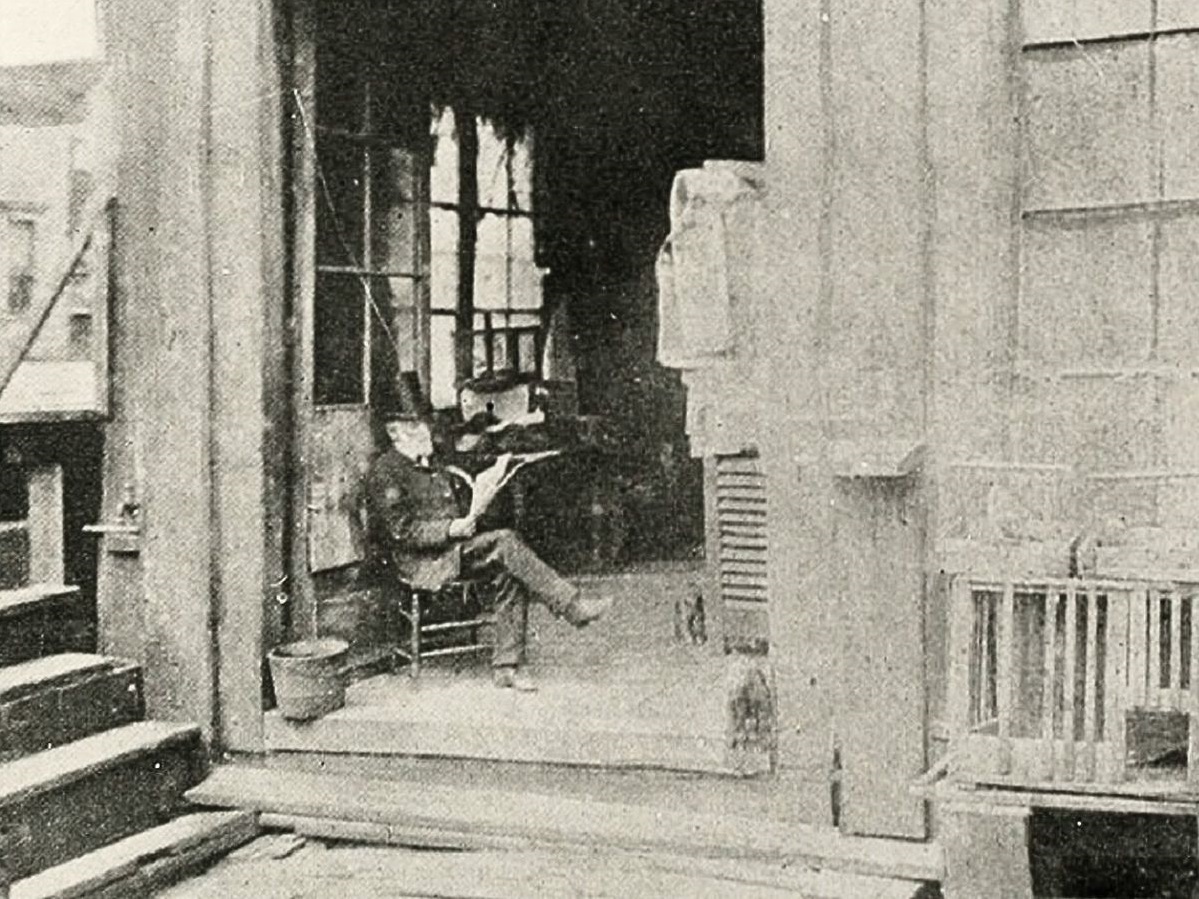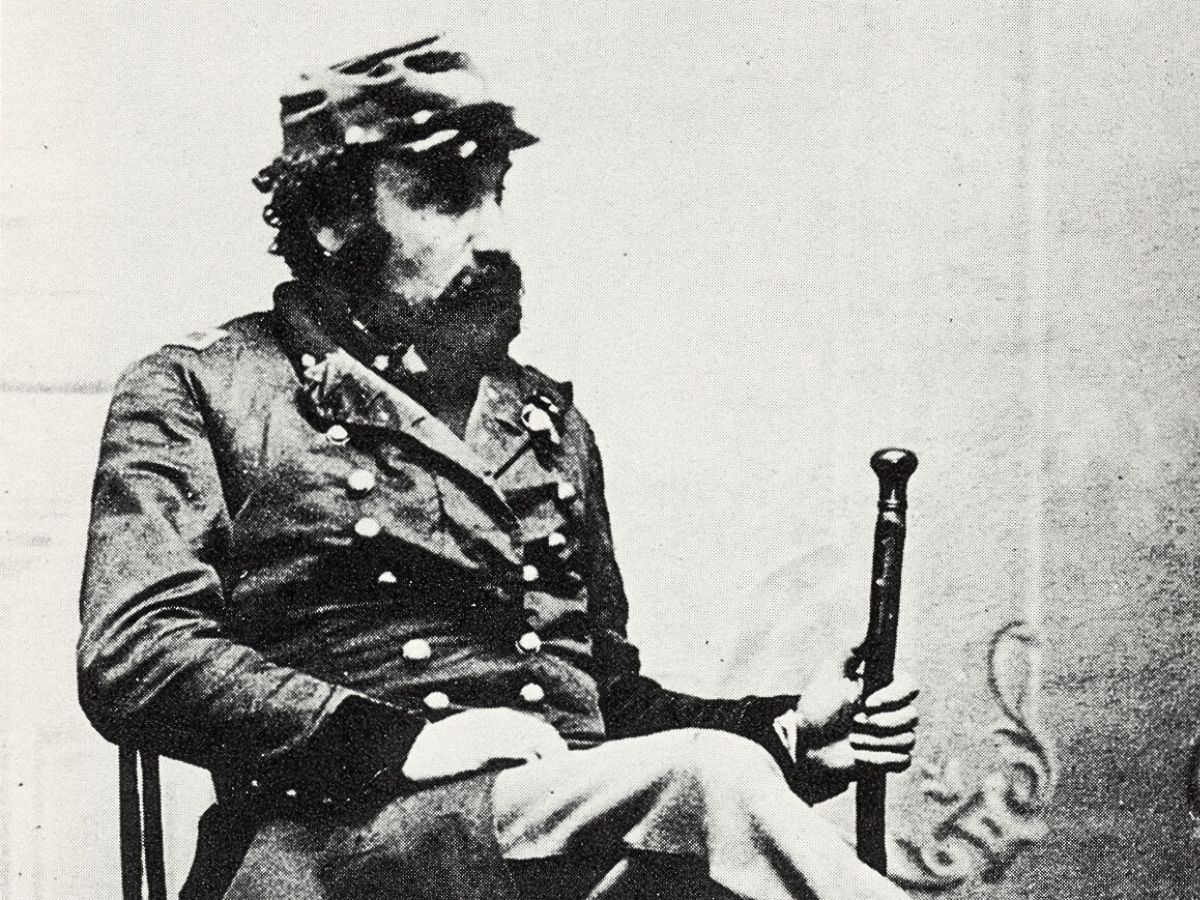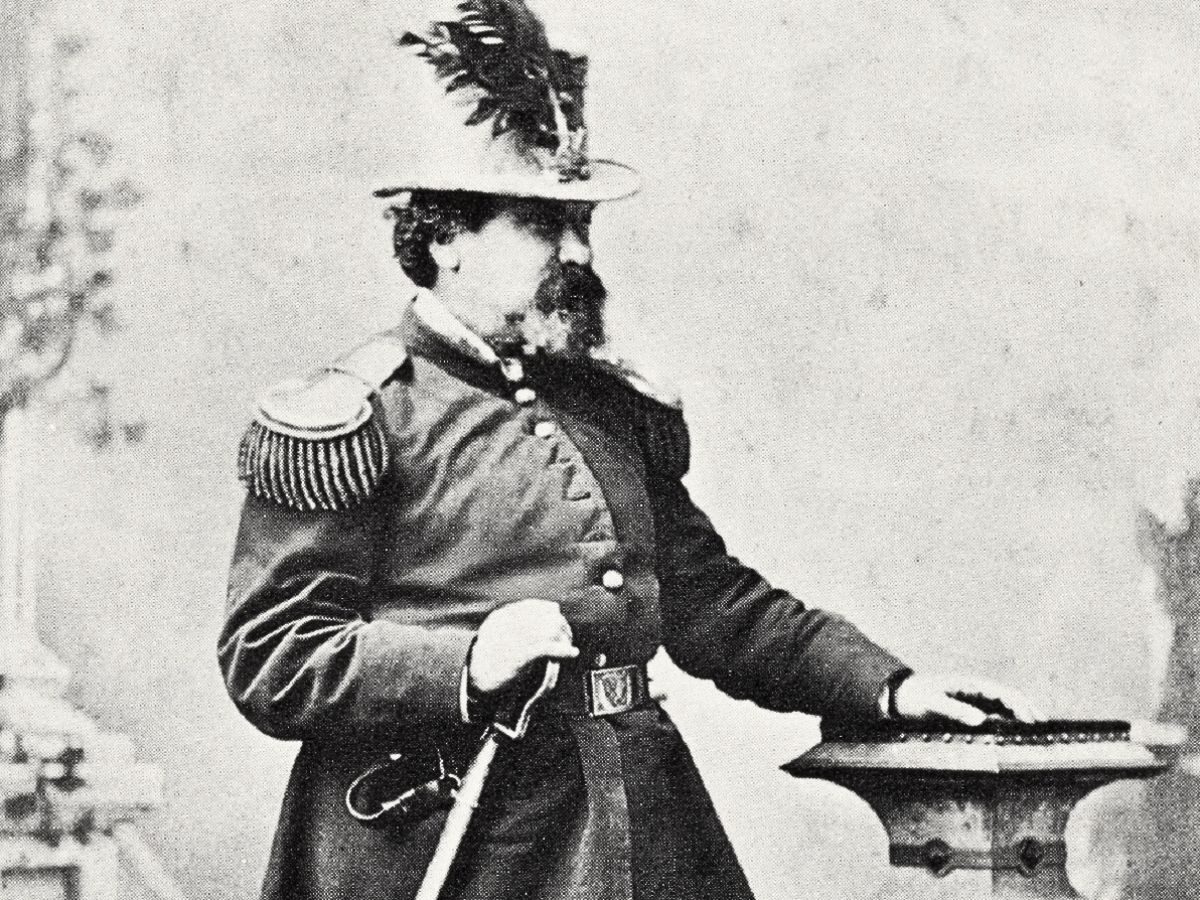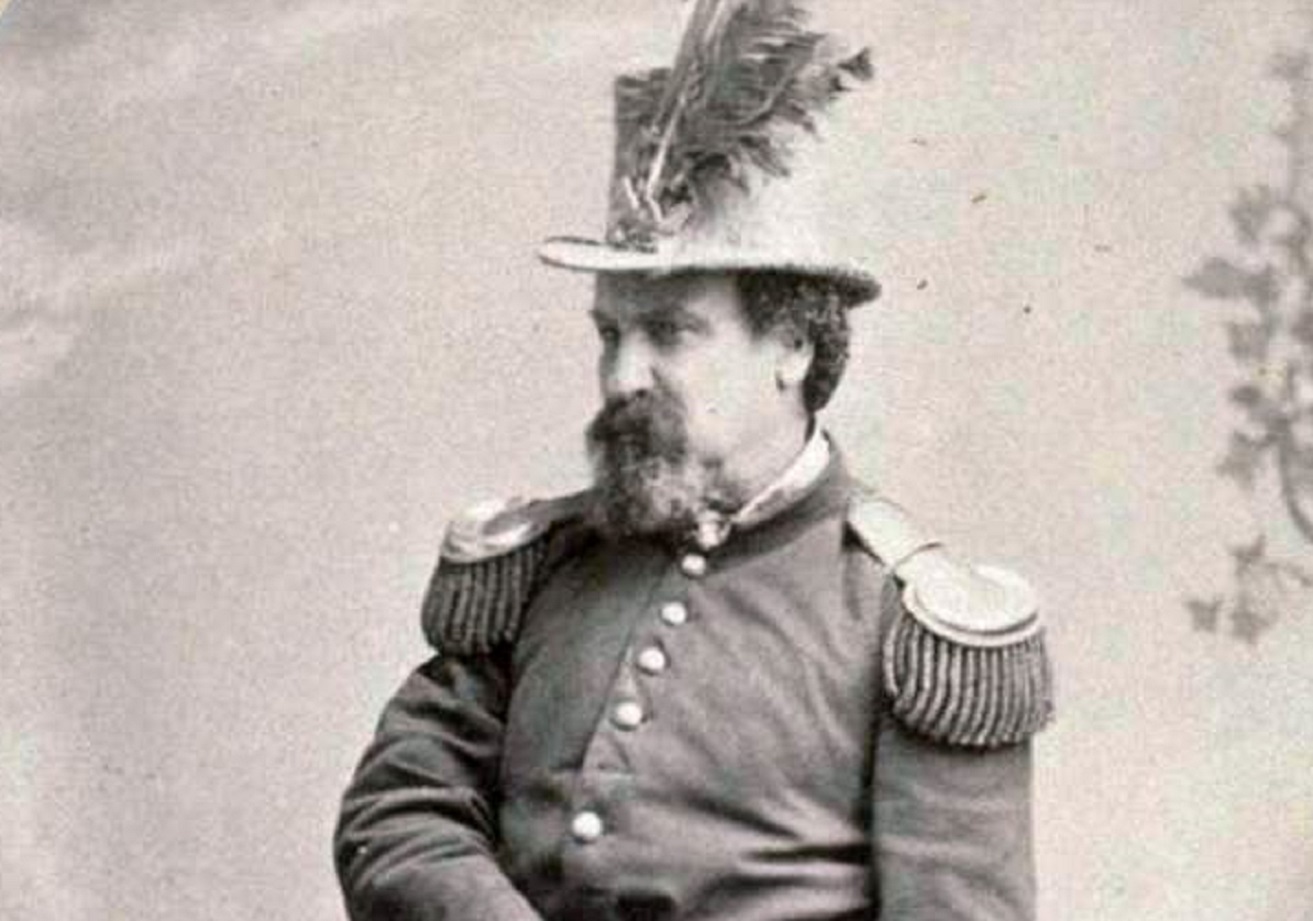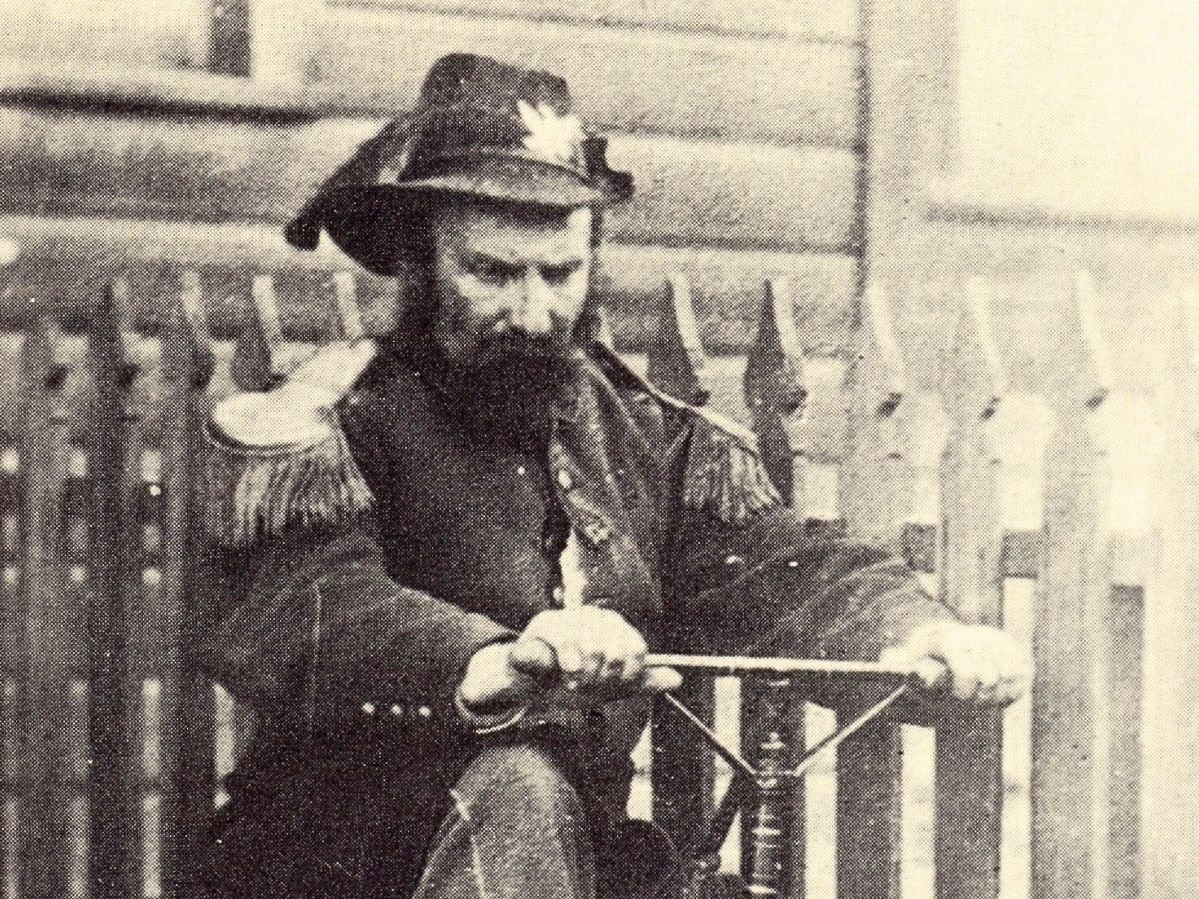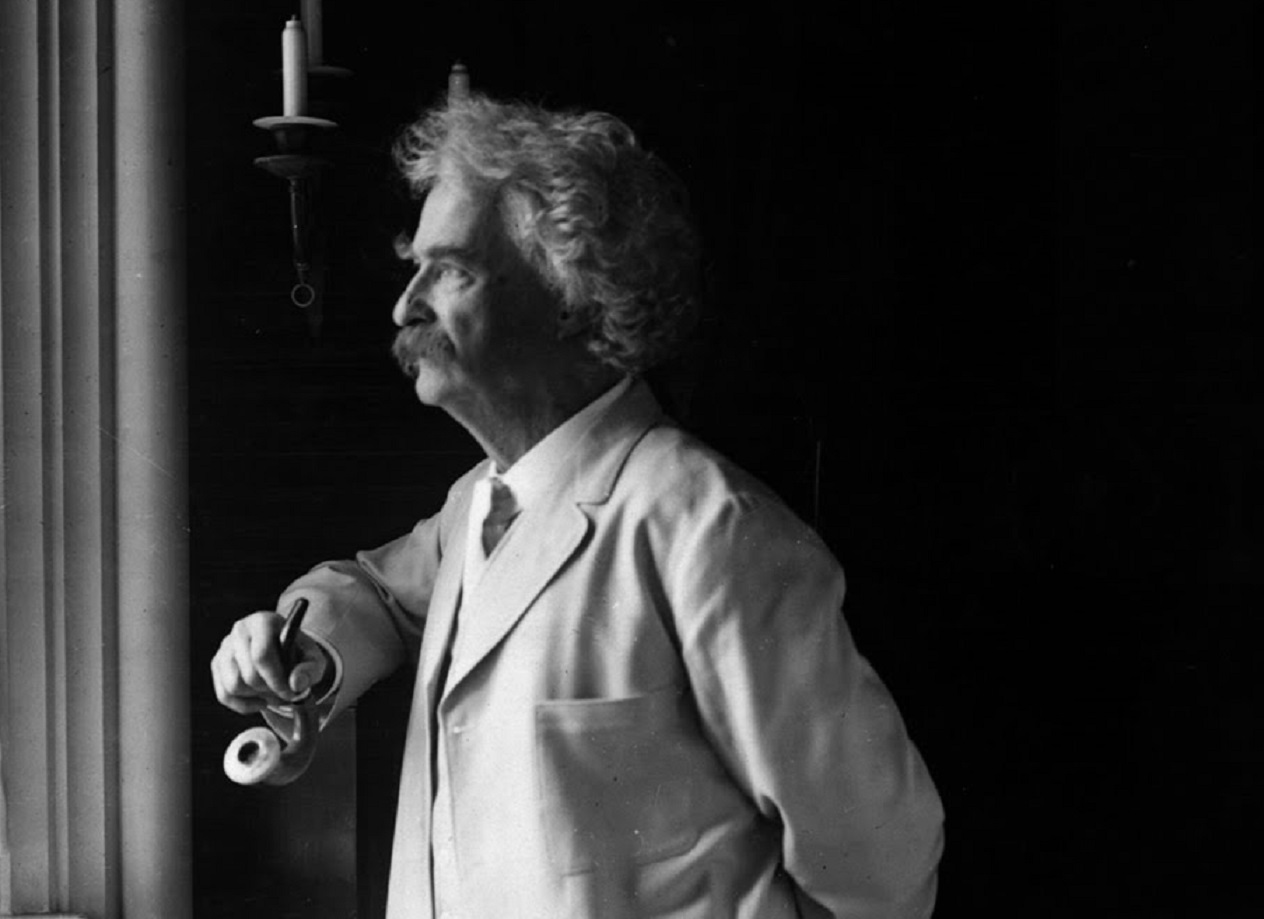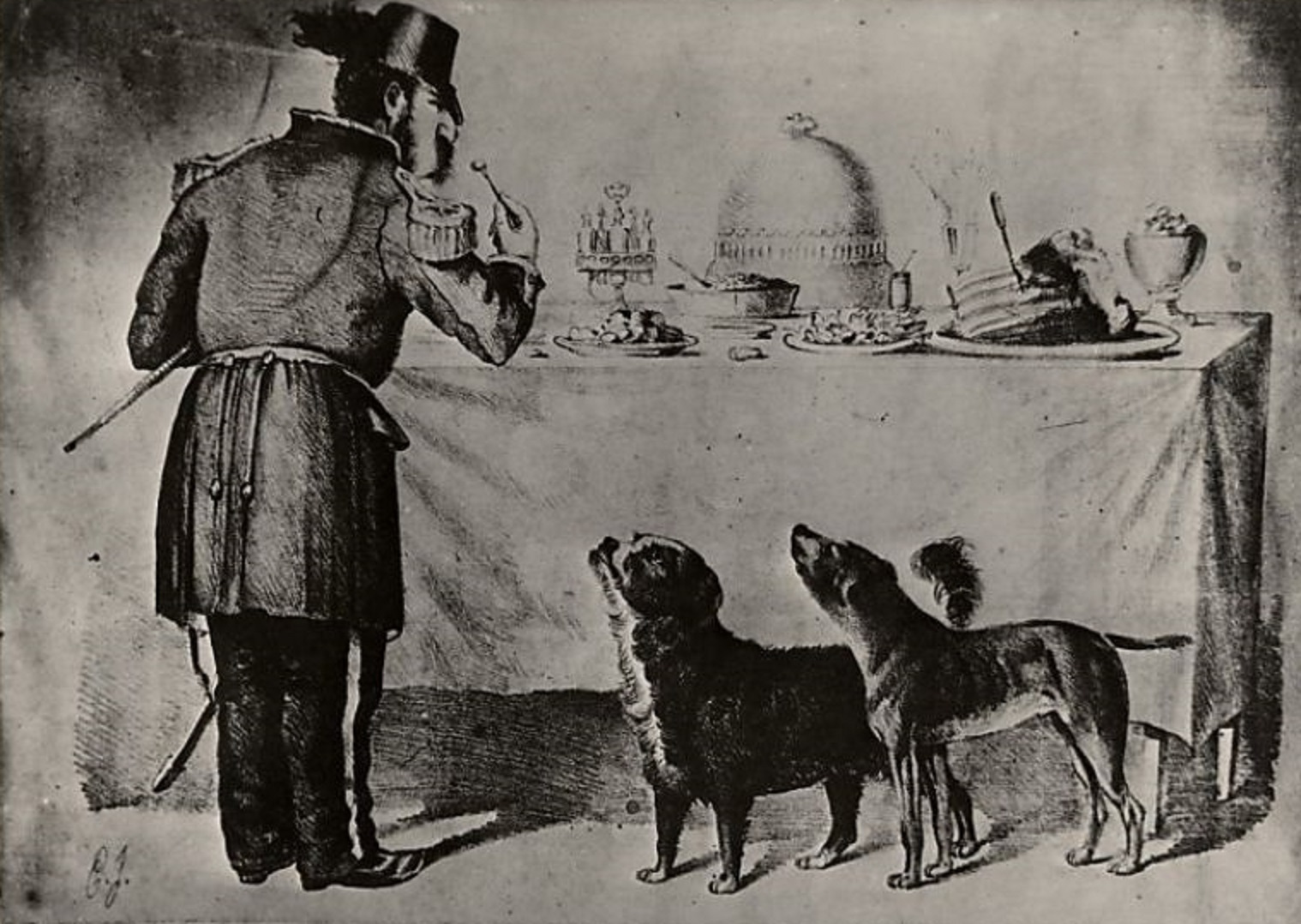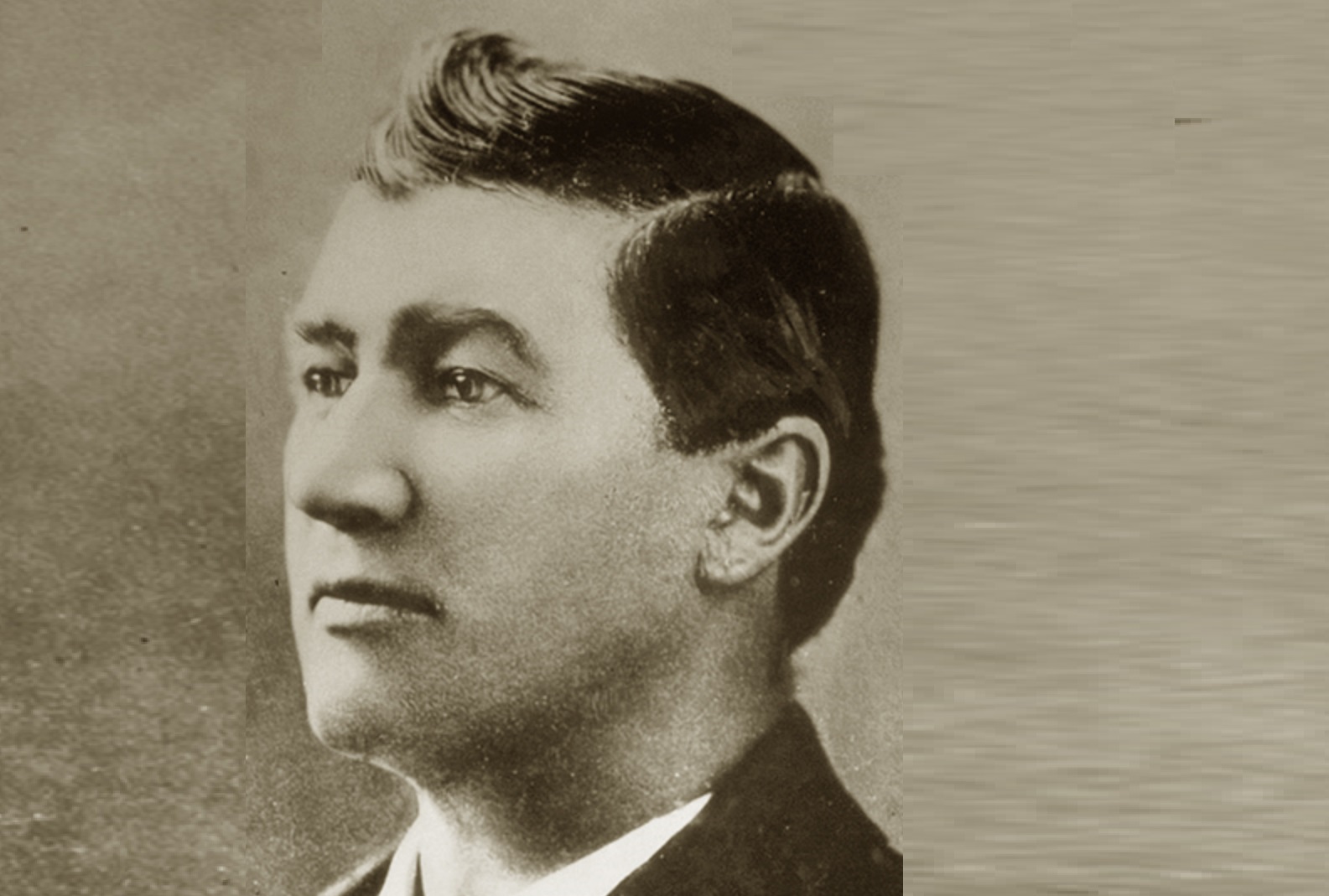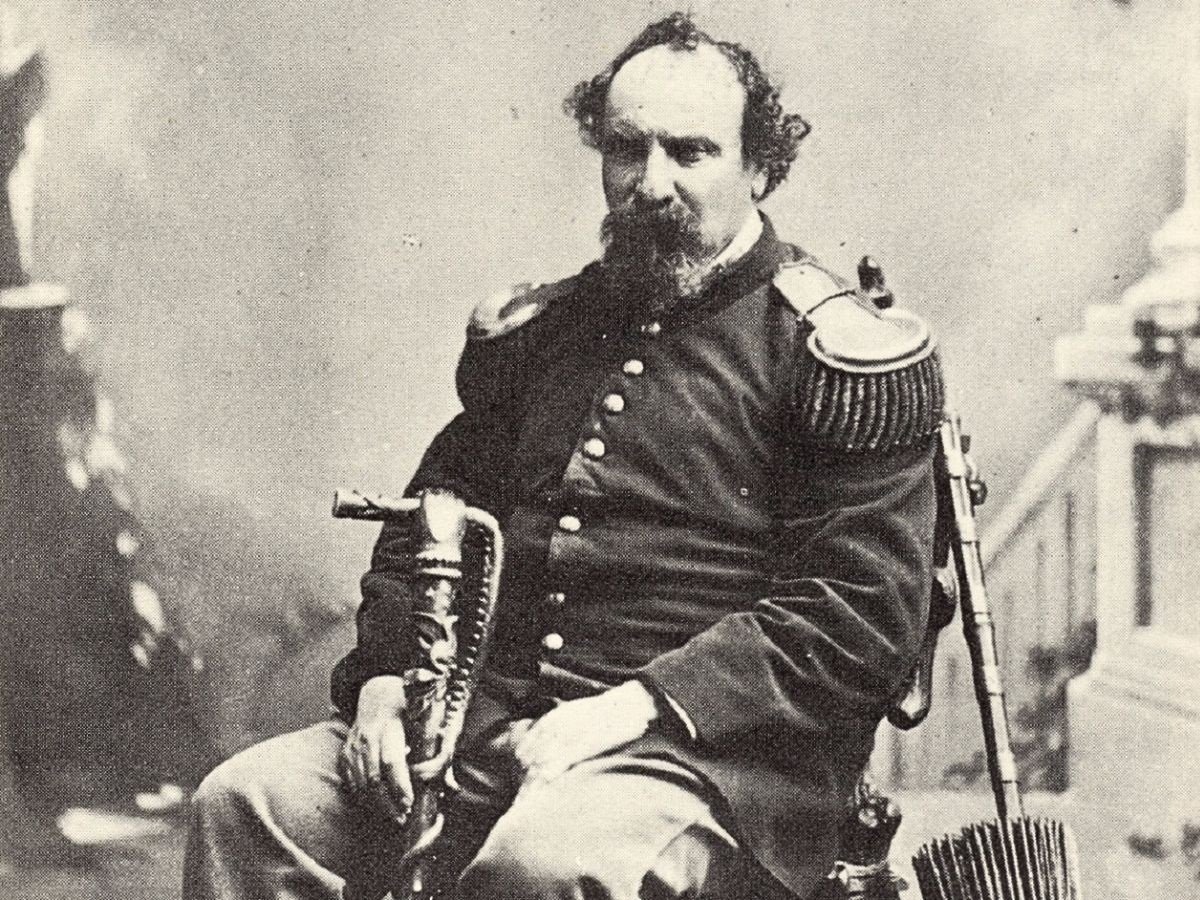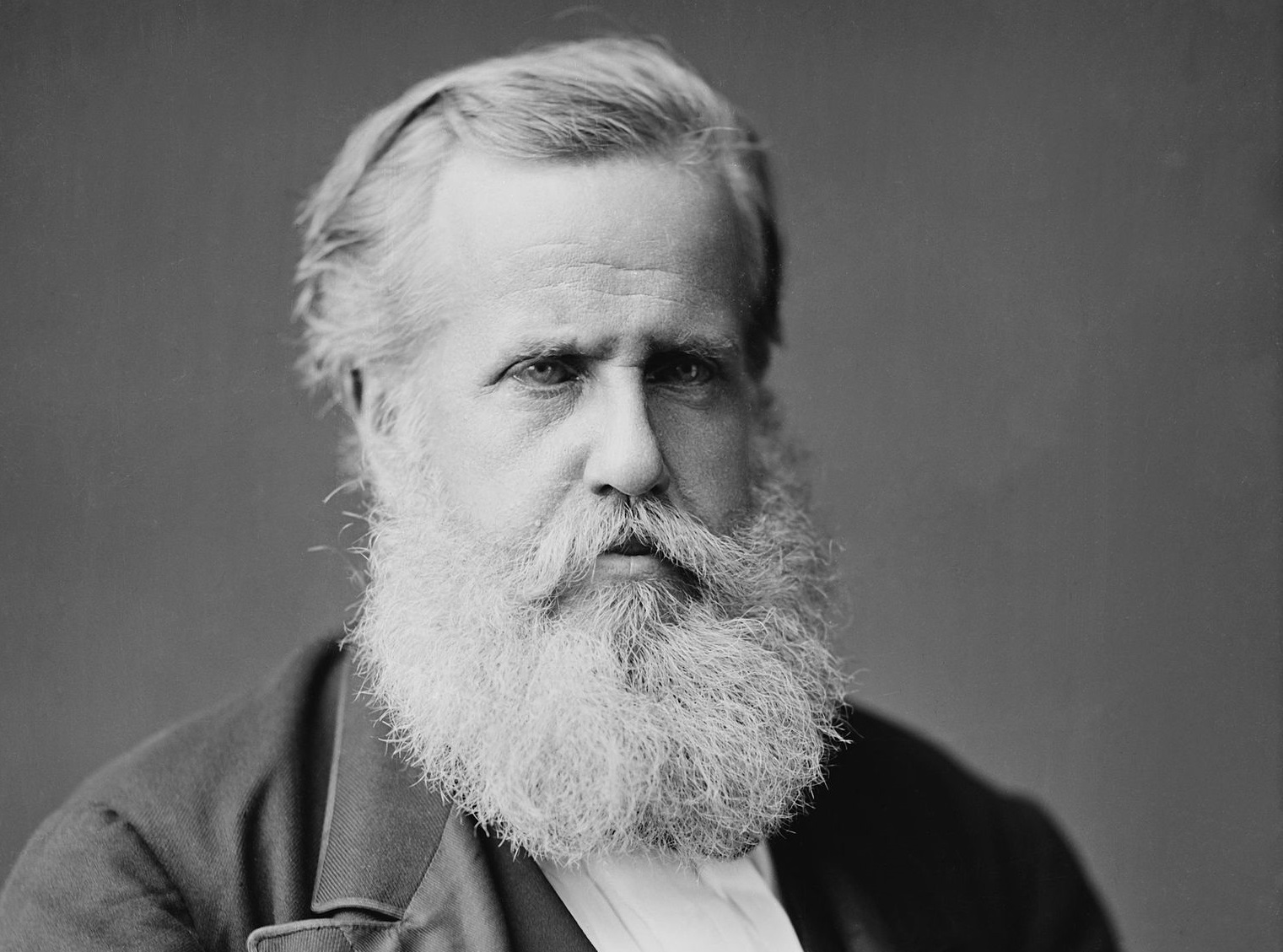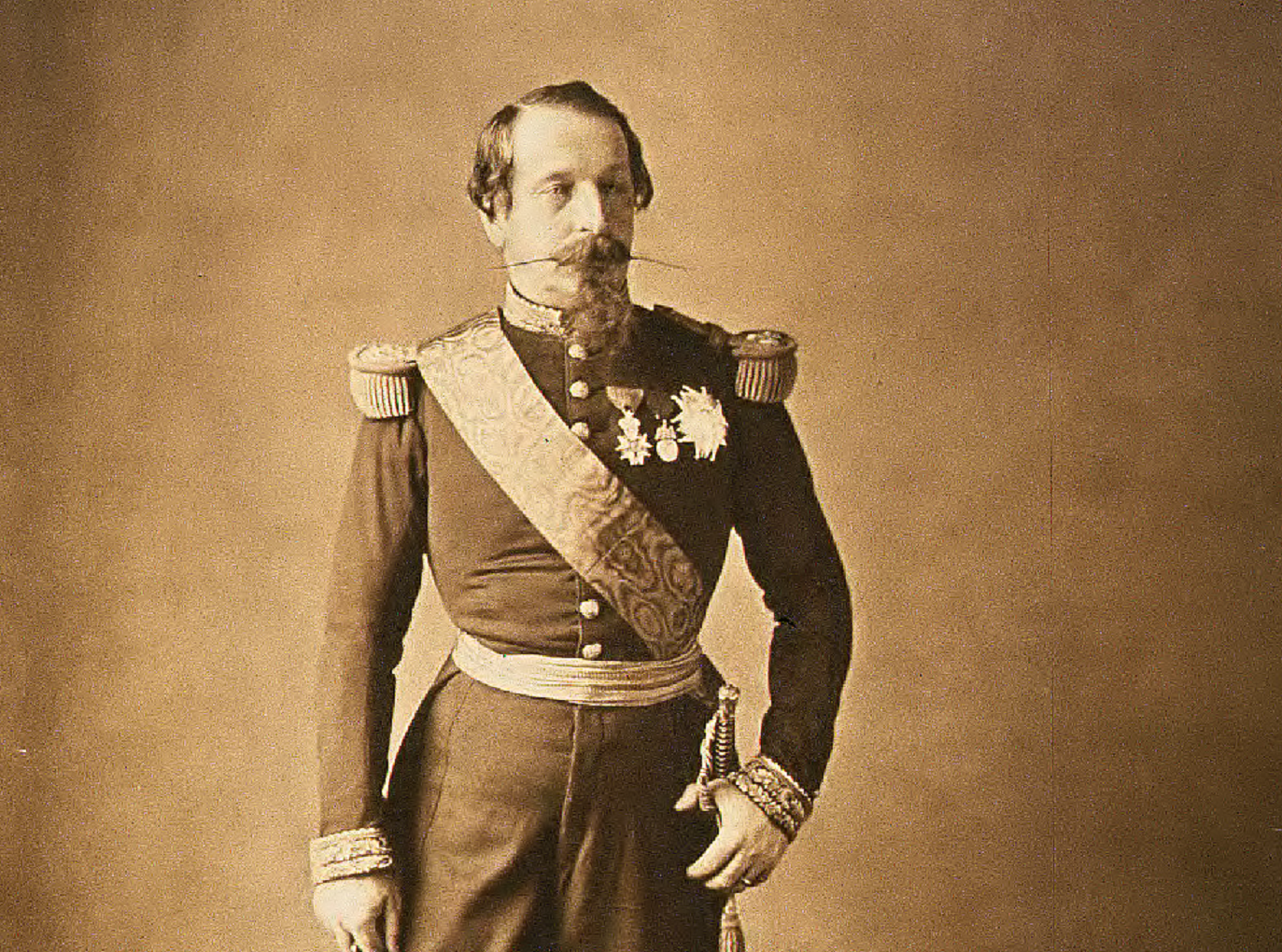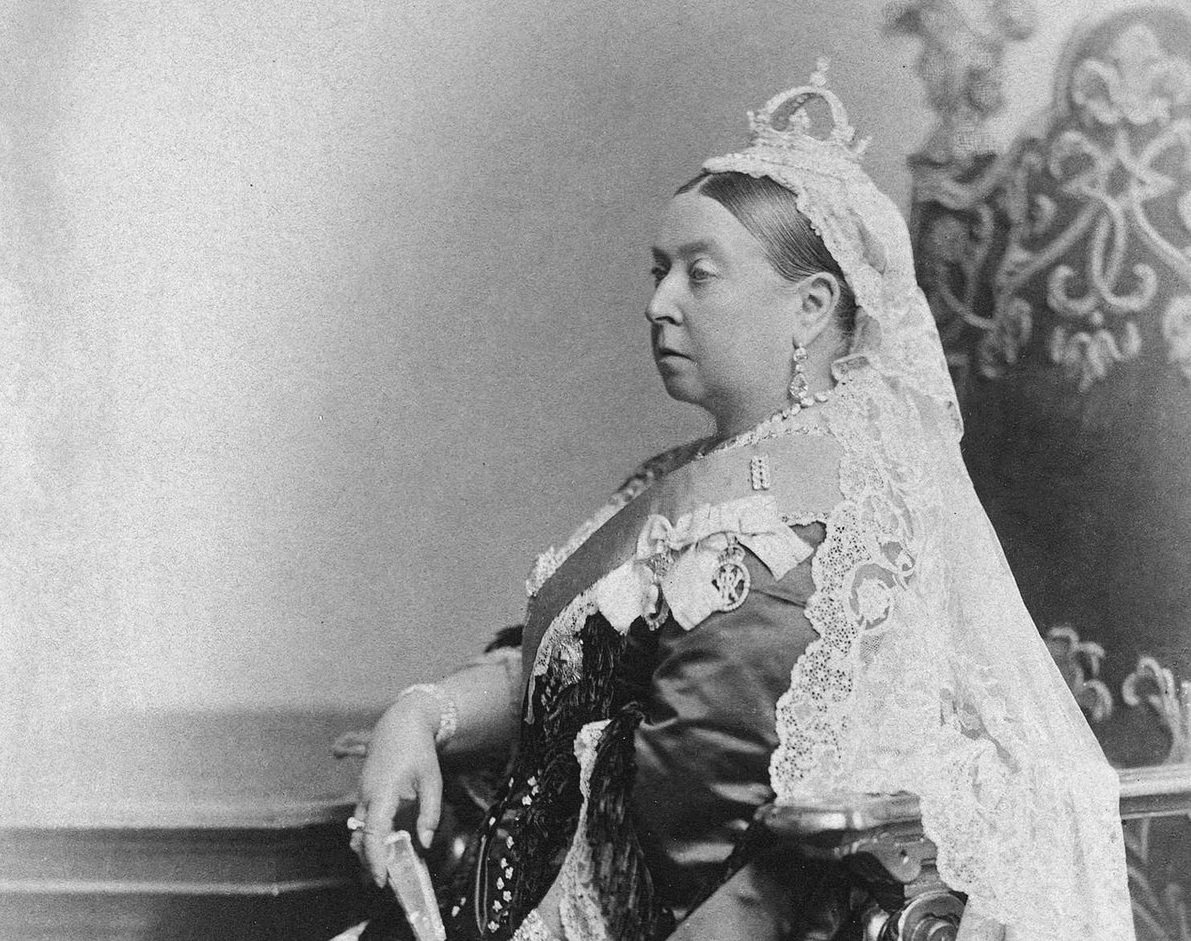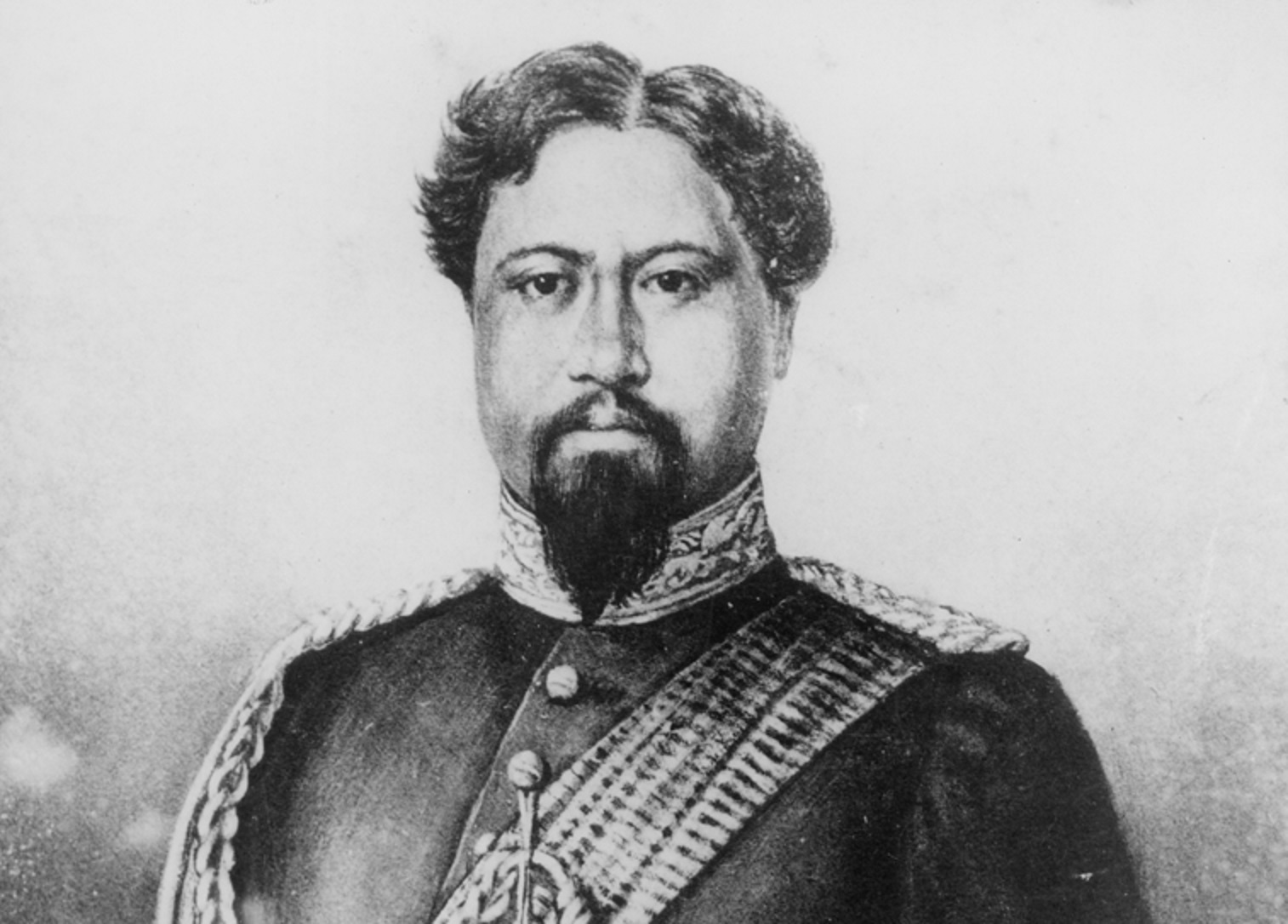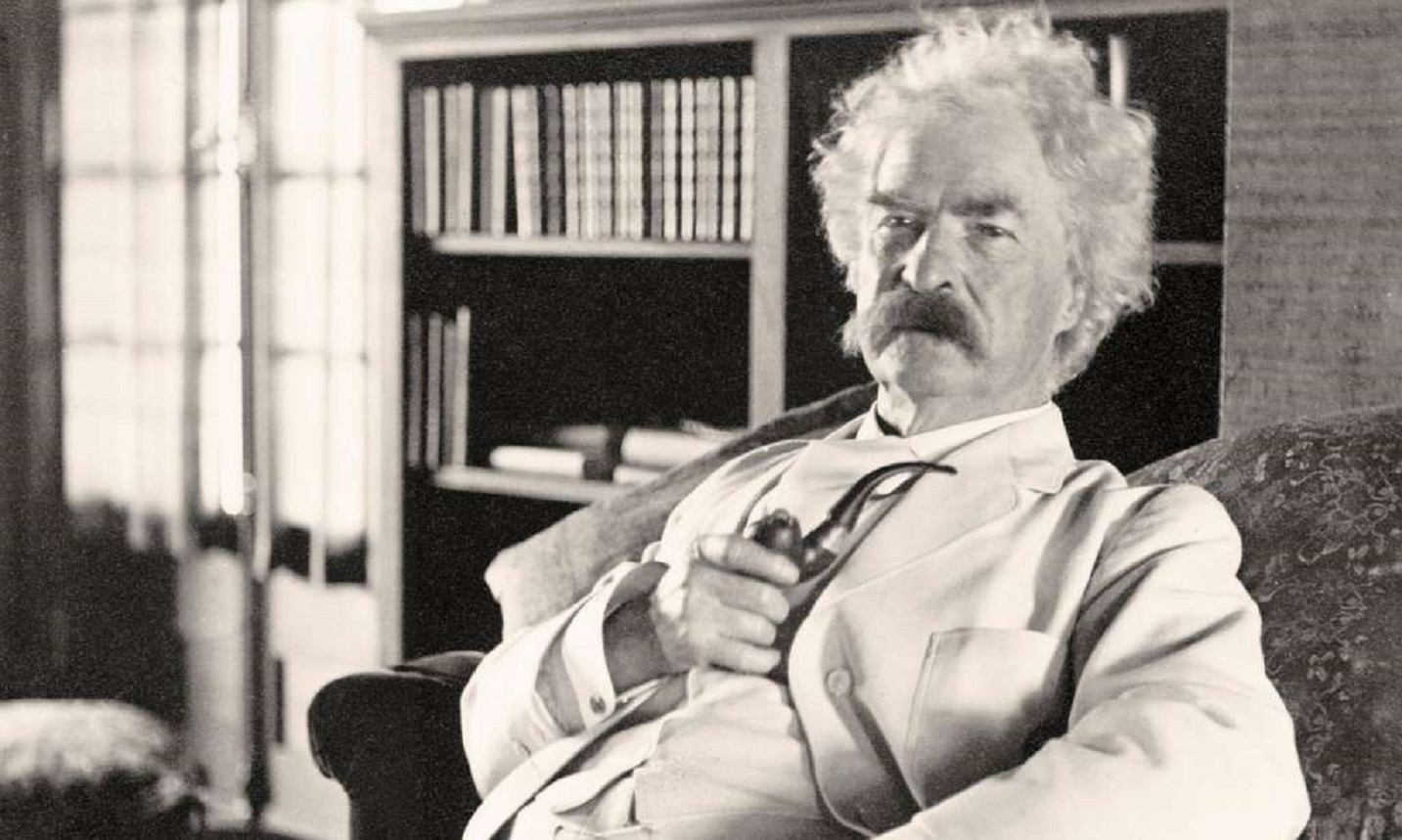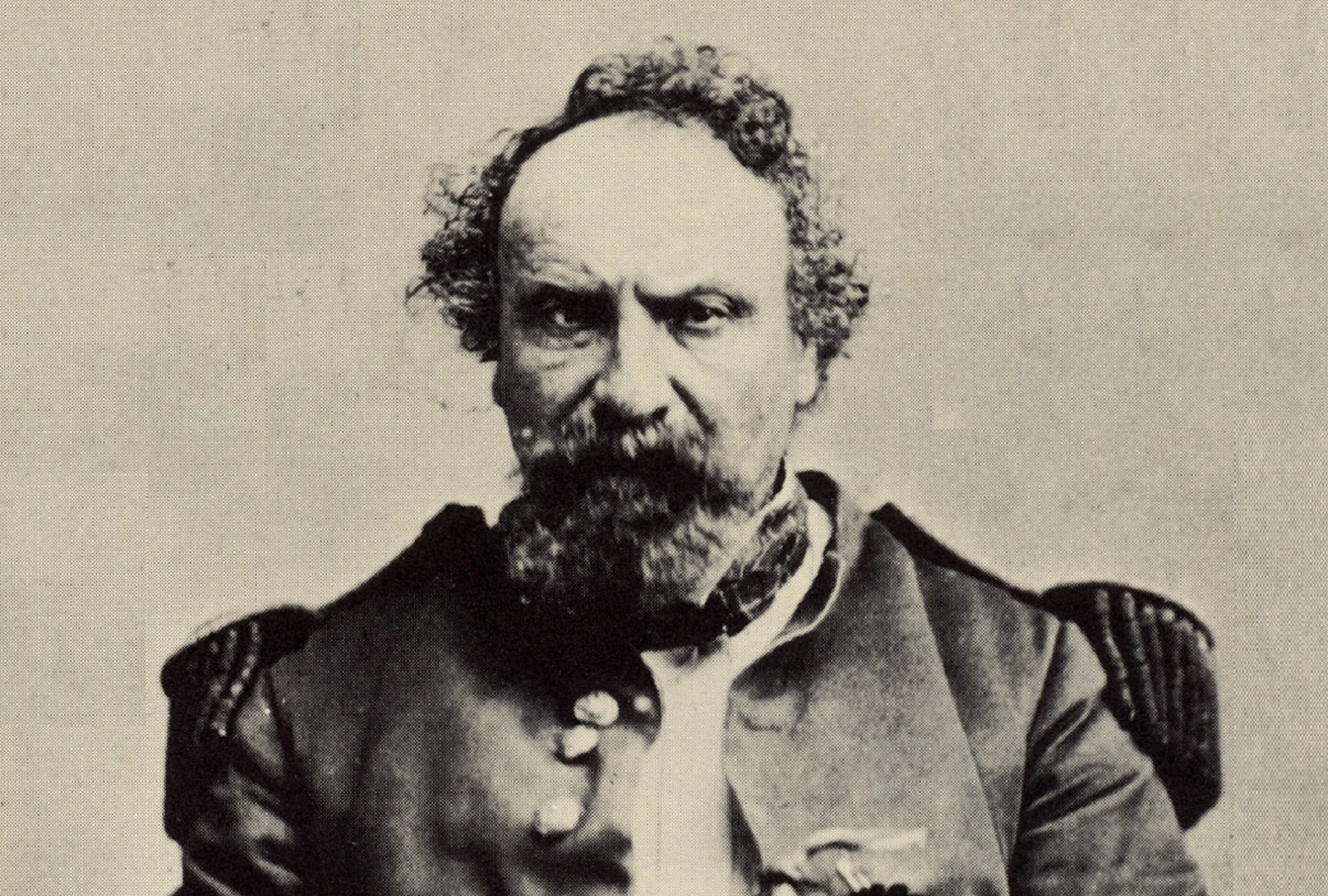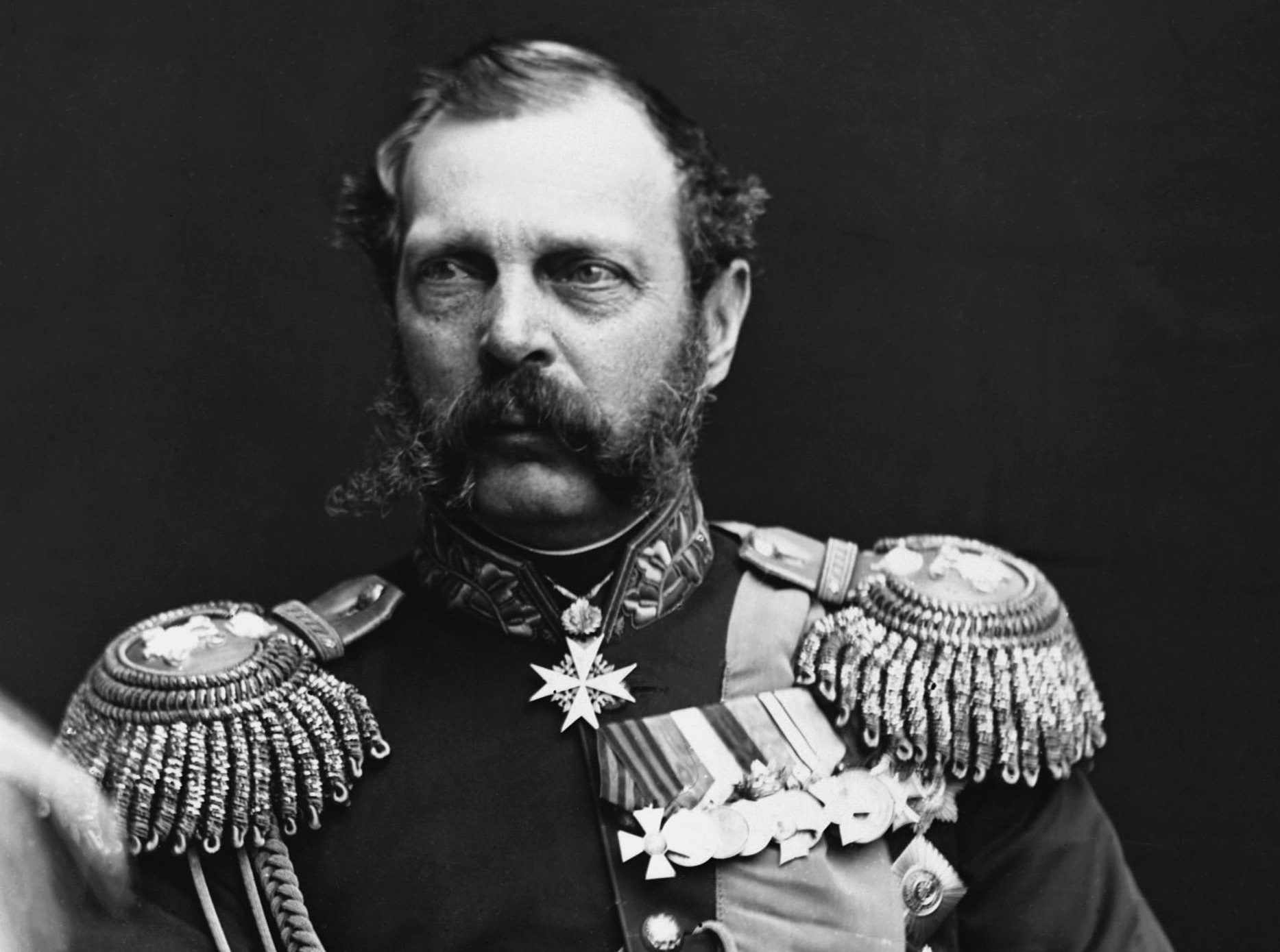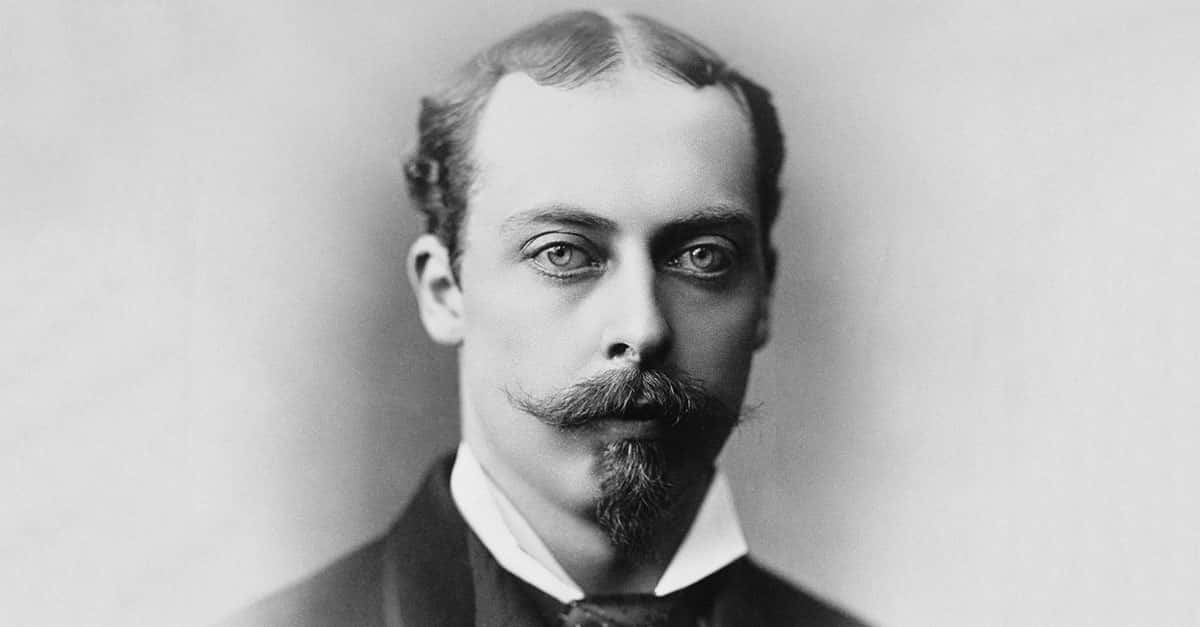Joshua Abraham Norton—also known as Emperor Norton—was a man of many mysteries. He left his mark in the history of the United States as the country's “only emperor”...but was he an emperor? That’s the question everyone asks. Regardless, his life was a perfect mixture of scandals and glamour.
1. He Had An Uncertain Future
Born in London in 1818, Joshua Abraham Norton experienced a massive upheaval right out of the gates. When he was only two, his family joined the 1820 Settlers, who were part of a grand colonial scheme. That scheme was downright bizarre: The government encouraged them to move to South Africa.
Wishing to have a fresh start, Norton's made the drastic move, and it set him on his infamous path.
2. His Father "Made" It
At first, it seemed like little Norton and his family got their fresh start. The head of the family, John Norton, had a good run as a successful businessman. Although there isn’t much information on John Norton’s business, we know that the Norton family were living in good conditions. However, a downfall was coming.
3. They Were Bankrupt
After a while, Norton's father lost his momentum, and he never got it back. The consequences were devastating. In letters, the patriarch revealed he was completely ruined, and had no money at all to leave his sons. He had to file for bankruptcy, falling into depression because he couldn’t leave anything to his family.
Our little Norton now didn't have a penny to his name, and he came up with a wild plan to claw back a fortune.
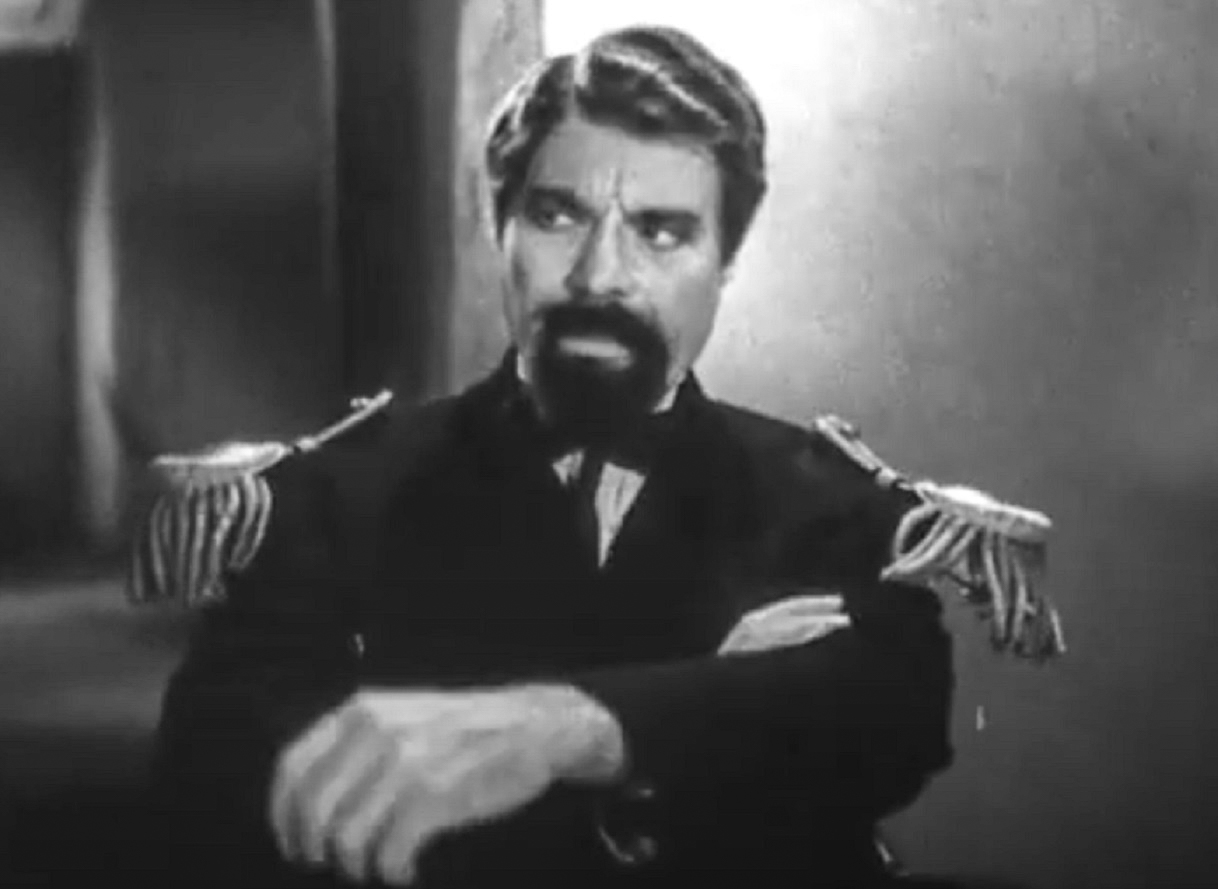 The Story of Norton I: Emperor of the United States (1936), Columbia Pictures
The Story of Norton I: Emperor of the United States (1936), Columbia Pictures
4. He Fled The Country
In 1845, Norton decided to find his own fate. That November, he left his family in Cape Town, and within a few months he was sailing on the ship Sunbeam toward Boston. After all, the United States was the land of endless opportunities. The young immigrant soon landed in Massachusetts, then went on to San Francisco.
Surprisingly, instead of a head full of fears, he had something else.
5. He Had Good Money, But How?
Norton arrived in San Francisco with a mystery. He reportedly had $40,000 (a huge amount for the time) to his name—which is odd for a man whose father went bankrupt. So then, how did he get the money? The answers are disturbing. Some claim that he embezzled his father's remaining money, or maybe even sold off the elder Norton's estate.
The truth, however, remains an enigma. But Norton knew exactly what to do with that money.
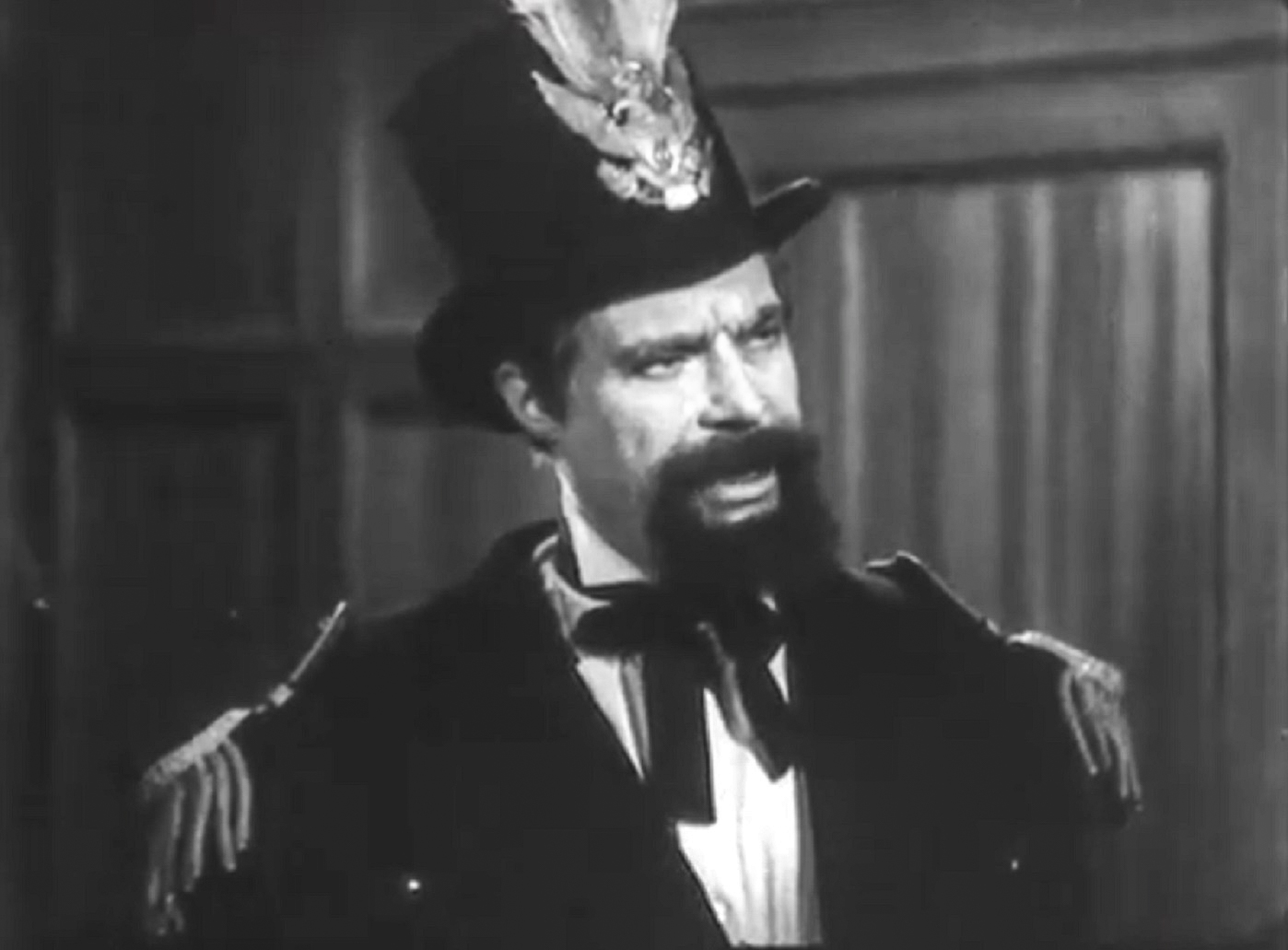 The Story of Norton I: Emperor of the United States (1936), Columbia Pictures
The Story of Norton I: Emperor of the United States (1936), Columbia Pictures
6. He Started A Company
Since he suddenly had lots of money to spend, the self-starter Norton cleverly established his own company in San Francisco. Although he was not so clever with the name—Norton & Company—he worked his magic in the real estate and importing business. In three years, his bank account had $250,000. In today's money, he'd be a multi-millionaire.
Of course, big money brought along some perks. Ones that spoiled him.
7. He Was A Rising Star
Norton's good money came with a good title and respect. As a witty, prosperous young man, Norton made all the right connections and got into certain elite clubs and committees in San Francisco. In fact, he was the life of the party for San Francisco society. However, like a Shakespearean hero, he was too greedy for his own good.
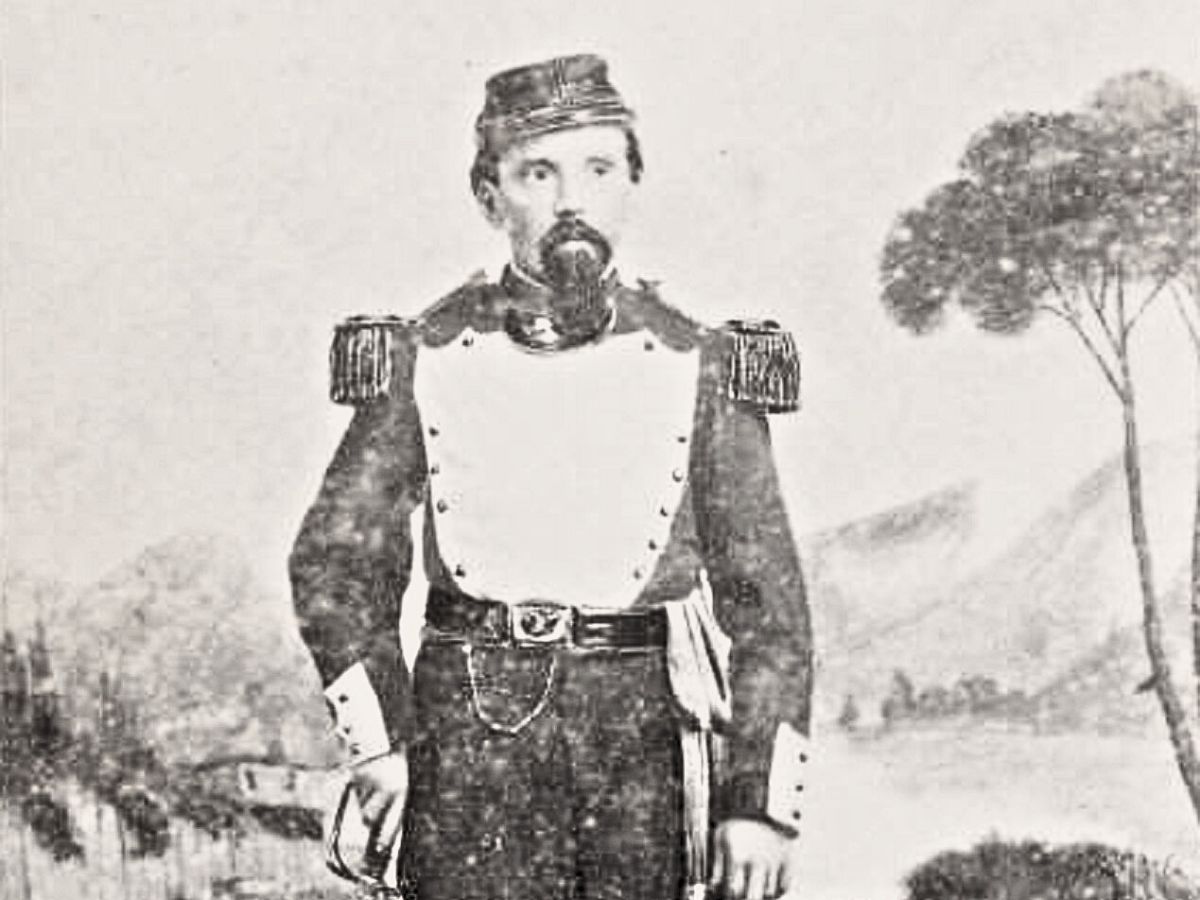 Wikimedia Commons, Beinecke Library
Wikimedia Commons, Beinecke Library
8. He Made A Risky Move
Unfortunately, Norton’s prosperous life ended rather abruptly. He made one fatal mistake. In 1852, when China banned the export of rice, Norton thought it would be lucrative to get into the rice business. In fact, there was a certain shipment he knew about, but he had to act fast. With the hopes of cornering the market, he devised a very hazardous plan.
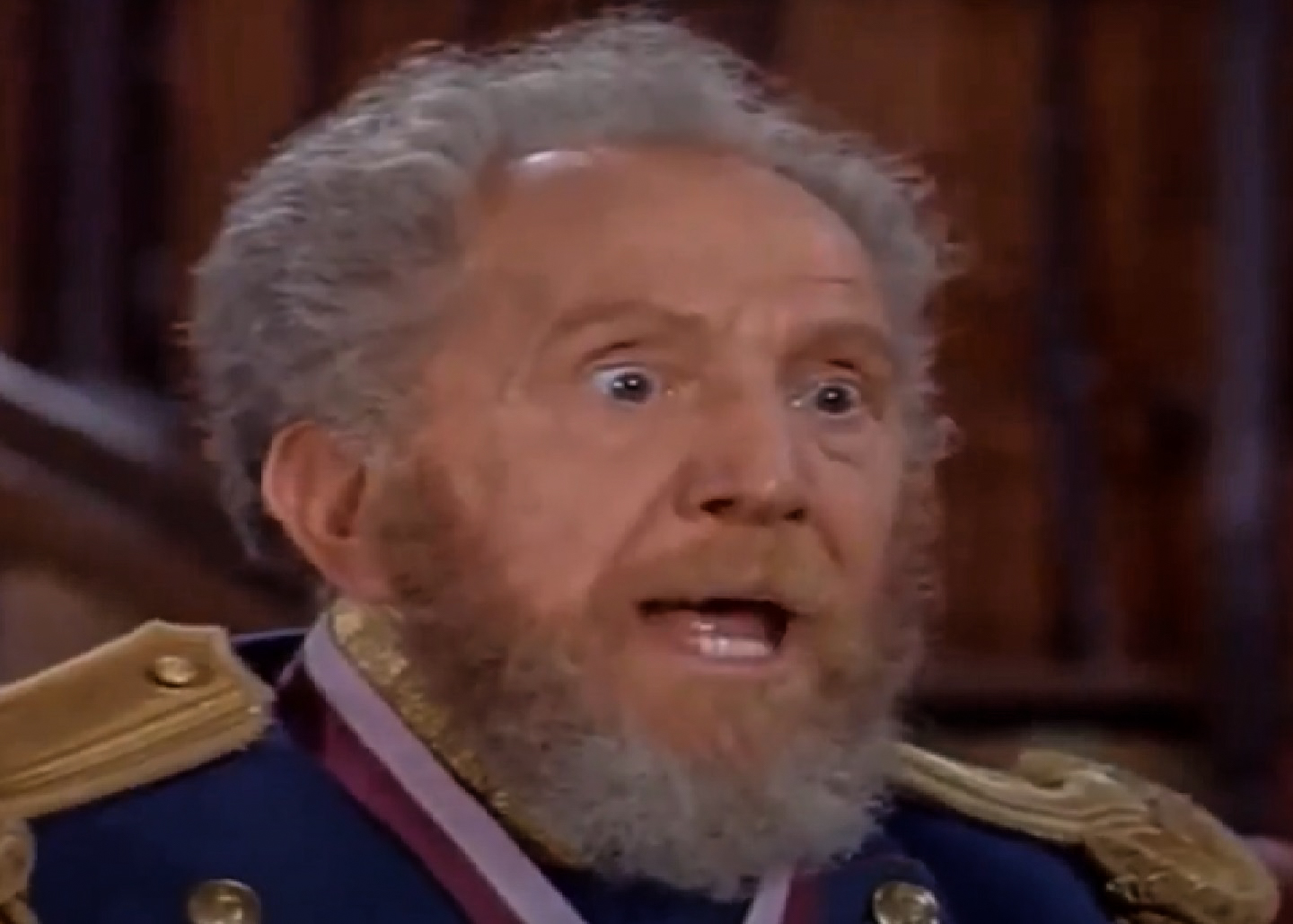 Bonanza(1966),National Broadcasting Company (NBC)
Bonanza(1966),National Broadcasting Company (NBC)
9. He Ruined Himself
Norton planned to make a big hit by investing in rice that came from Peru. He bought an entire shipment so that he would be the only one selling it. It was only after he made the deal that he realized he had doomed himself. He saw other shiploads of rice arriving, and knew he had not, in fact, cornered the market at all.
The price of rice was about to drop drastically. Some people would just wait for the disaster to hit, but not Norton.
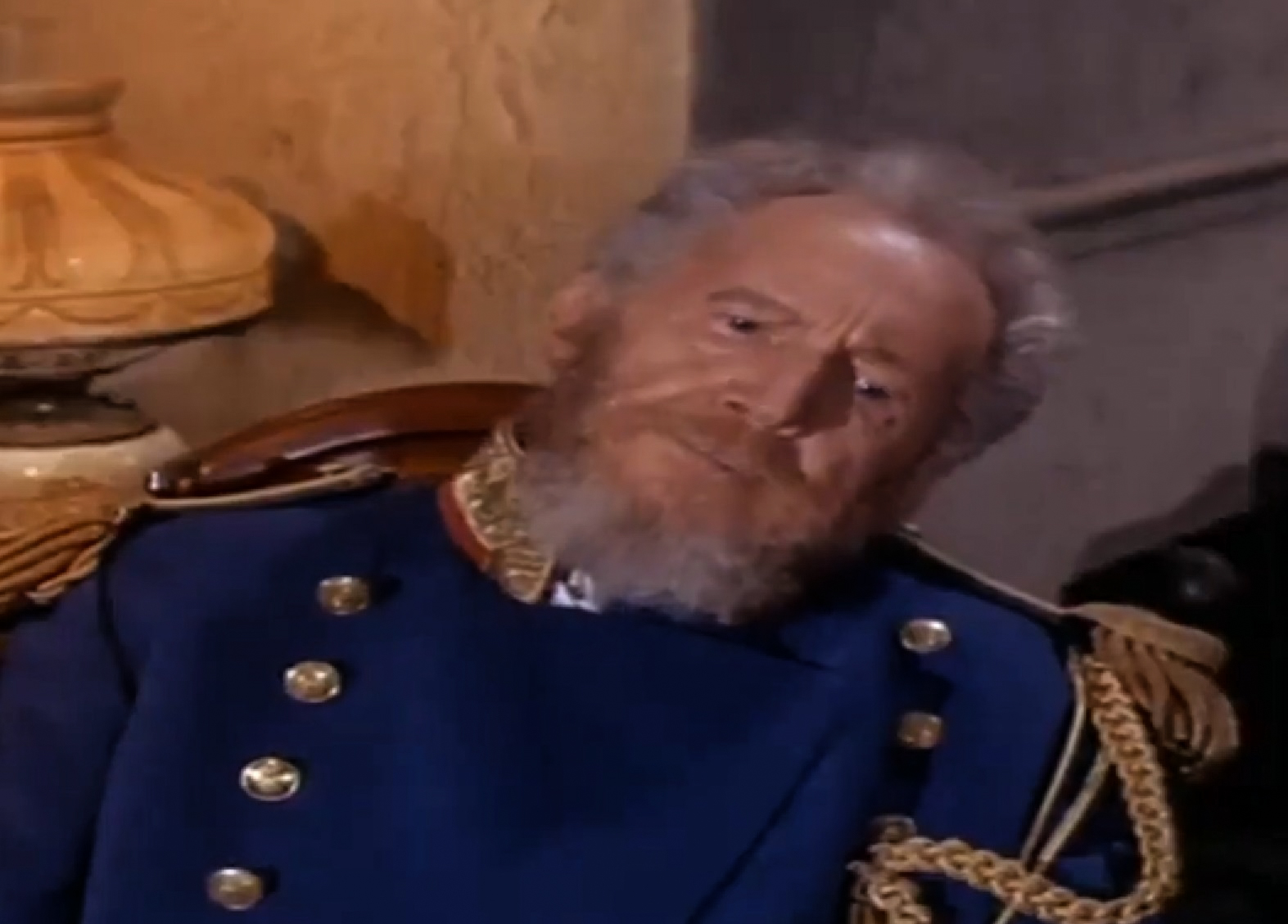 Bonanza(1966),National Broadcasting Company (NBC)
Bonanza(1966),National Broadcasting Company (NBC)

Sign up to our newsletter.
History’s most fascinating stories and darkest secrets, delivered to your inbox daily. Making distraction rewarding since 2017.
10. He Was A Snake
Instead of owning up to his failures, Norton decided to try to wriggle out of his contract with the rice sellers. He claimed they'd misled him about the "quality" of the rice, and wanted to void their deal. For almost two years, he struggled to get out of the contract and return to his glamorous life. It did not go well for him.
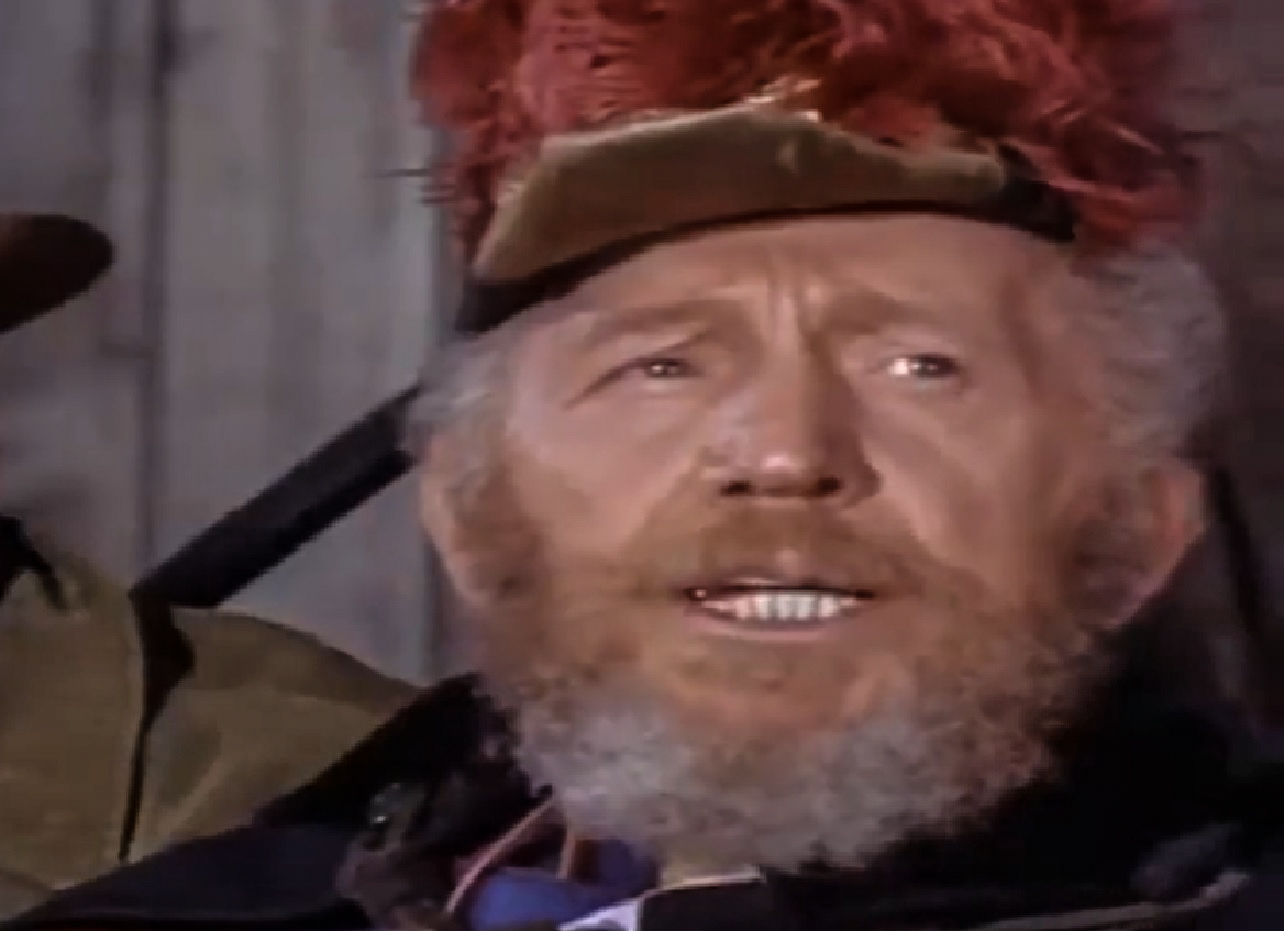 Bonanza(1966),National Broadcasting Company (NBC)
Bonanza(1966),National Broadcasting Company (NBC)
11. He Was Insolvent
In 1854, lawyers closed the case—and the court made a verdict that chilled Norton's blood. They not only ruled against him, they left him penniless, just like his father. It wasn't over yet, though. After the lawsuit, the bank took away his houses in North Beach to pay off his debts. Having no choice, he filed for insolvency in 1856.
Looking back, this was a turning point in Norton's life, and not a good one.
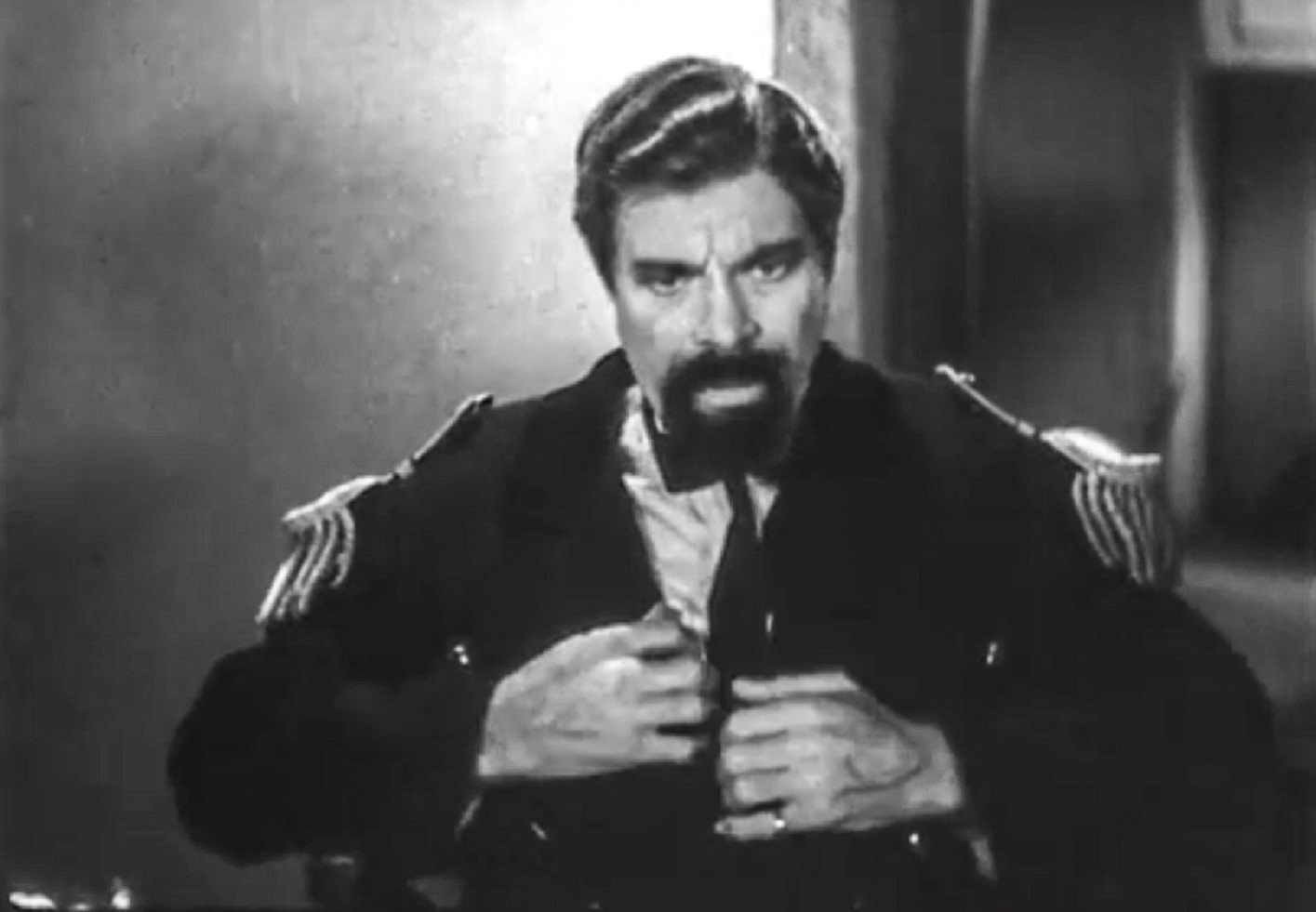 The Story of Norton I: Emperor of the United States (1936), Columbia Pictures
The Story of Norton I: Emperor of the United States (1936), Columbia Pictures
12. He Fell From Grace
By 1857, Norton was practically out of a job. He'd been running newspaper ads, but this venture seems to have stopped that year. More than that, the once-flush Norton was now living in a working-class boarding house and trying to make ends meet. It looked like his luck had run out...which is when Norton came up with a bizarre idea.
13. He Printed Shocking News
Out of the blue, Norton did something stupefying. He seems to have literally woken up one day and decided to become a politician, despite having zero experience in that arena. Following this impulse, he took out an ad in a newspaper and announced that he would be running for the US Congress.
You heard it right, he announced his candidacy. But there's more to this story.
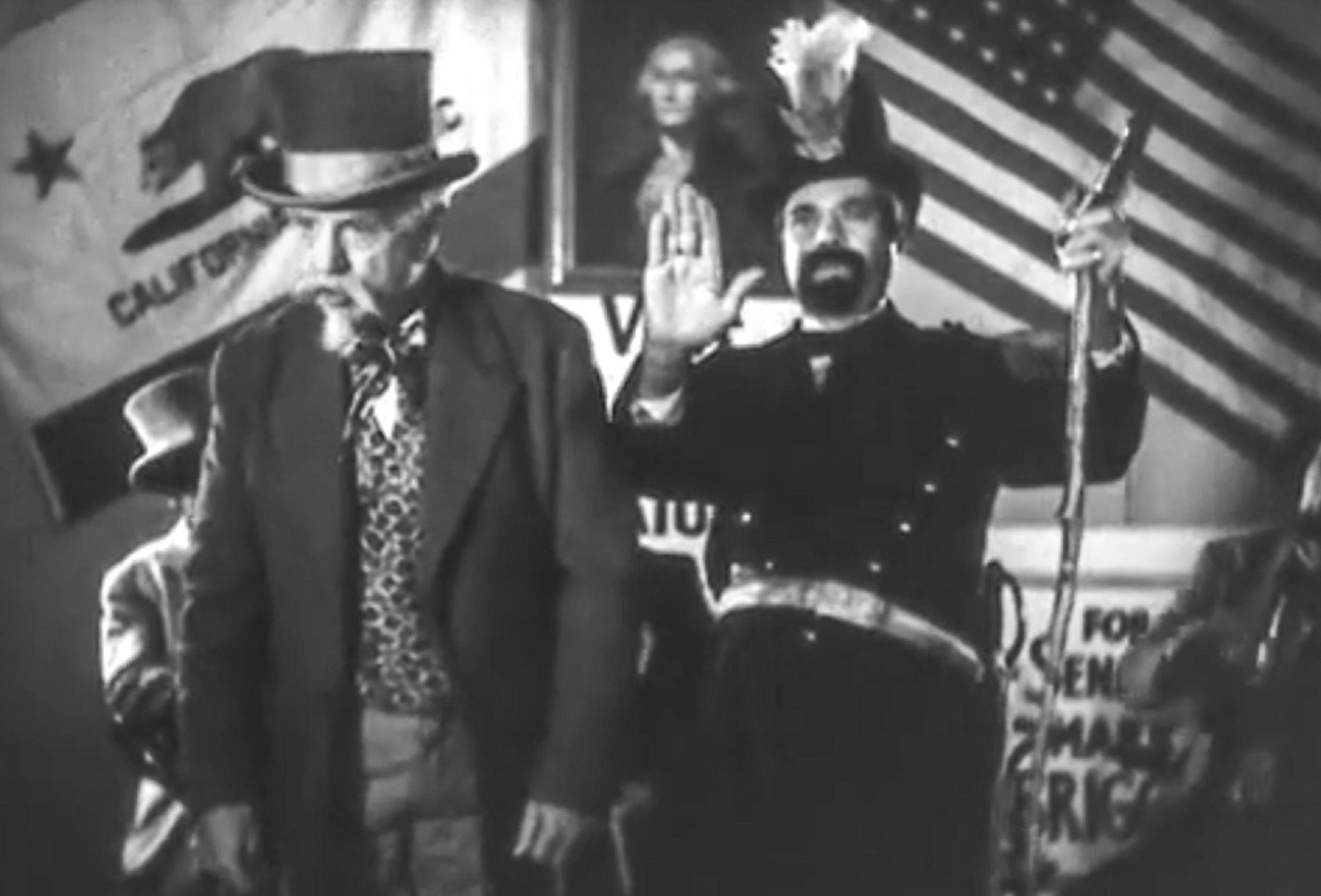 The Story of Norton I: Emperor of the United States (1936), Columbia Pictures
The Story of Norton I: Emperor of the United States (1936), Columbia Pictures
14. He Lied
Right from the beginning of this announcement, there were unsettling signs around Norton's motives. For one, although the elections came just a year after his announcement, when they finally rolled around, his name wasn't on the ballot. The San Francisco community was getting suspicious of this man’s actions.
But this was just the tip of the iceberg.
15. He Was Restless
Despite his fake (?) candidacy, Norton was growing increasingly dissatisfied with the state of governance in America. So much so, he first printed a kind of manifesto in the San Francisco Daily Evening Bulletin. Only, he didn't stop there. A few months later, he hand-delivered a letter to the same newspaper. Its contents made everyone's jaws drops.
16. He Made An Uproarious Declaration
In this letter, Joshua Abraham Norton declared himself the Emperor of the United States. Yes, he apparently felt the cure for what ailed America was...absolute power, and in his hands no less. Knowing what we do now, it's clear Norton's downfall pushed him into some mental breakdown...but this is where it gets much weirder.
17. His First Order Was Unexpected
In his declaration, Norton issued a series of orders to his new subjects. First, he called on representatives to “assemble in Musical Hall”. Apparently, he wanted everyone to gather so they could discuss alterations to the existing laws in America. However, "representatives" weren’t the only ones he summoned. He had other, more disturbing messages to come.
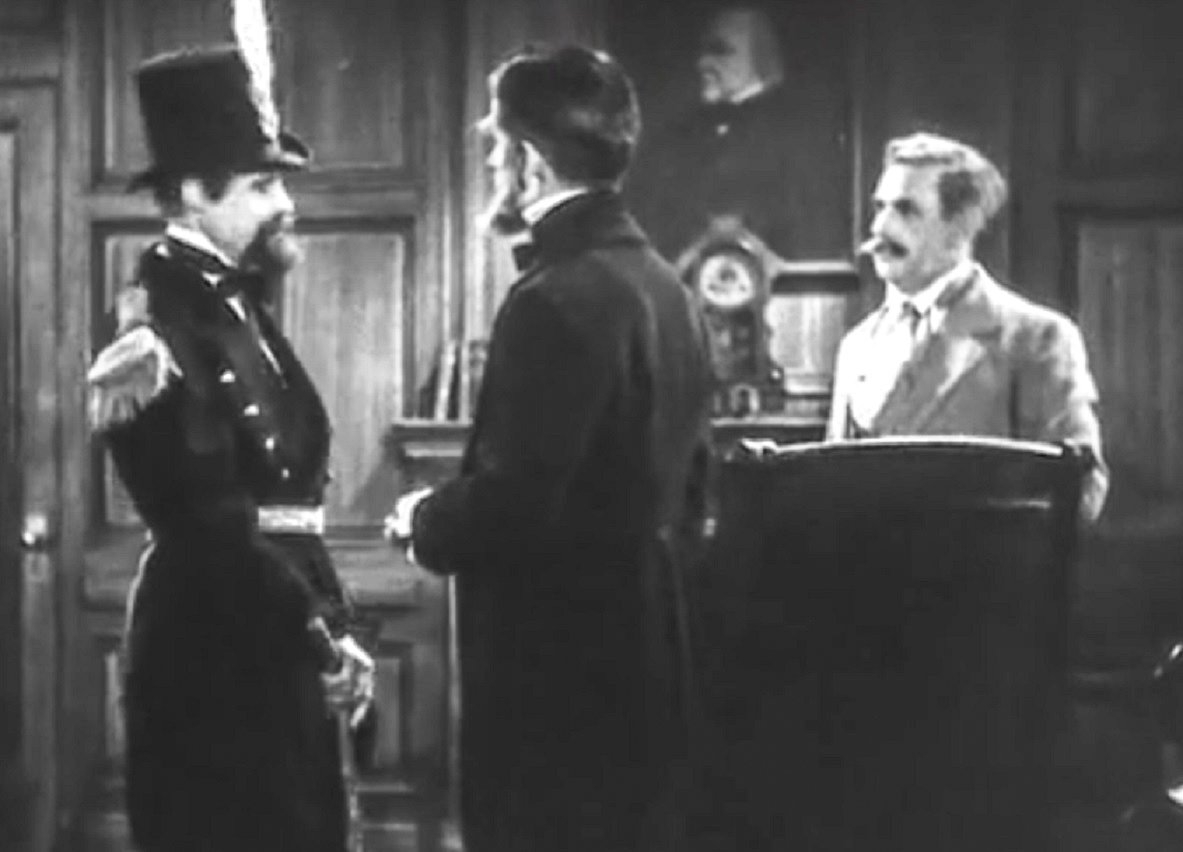 The Story of Norton I: Emperor of the United States (1936), Columbia Pictures
The Story of Norton I: Emperor of the United States (1936), Columbia Pictures
18. He Summoned The Army
Norton kept publishing one statement after the other, and each of them was crazier than the previous one. In 1860, he summoned “the Army” so that they could stand against the elected officials of the US Congress together. He wanted the general to “proceed with a suitable force and clear the Halls of Congress”.
Sadly, this ridiculous request backfired.
19. Nobody Took Him Seriously
As it turned out, neither the army nor the Congress went for Norton’s “Emperor Norton” act. The Congress didn’t even issue any acknowledgment of his statements. As you can guess, the Army didn’t back Norton, either. On the other hand, he was getting a lot of attention from the entertainment community—just not the kind he'd like.
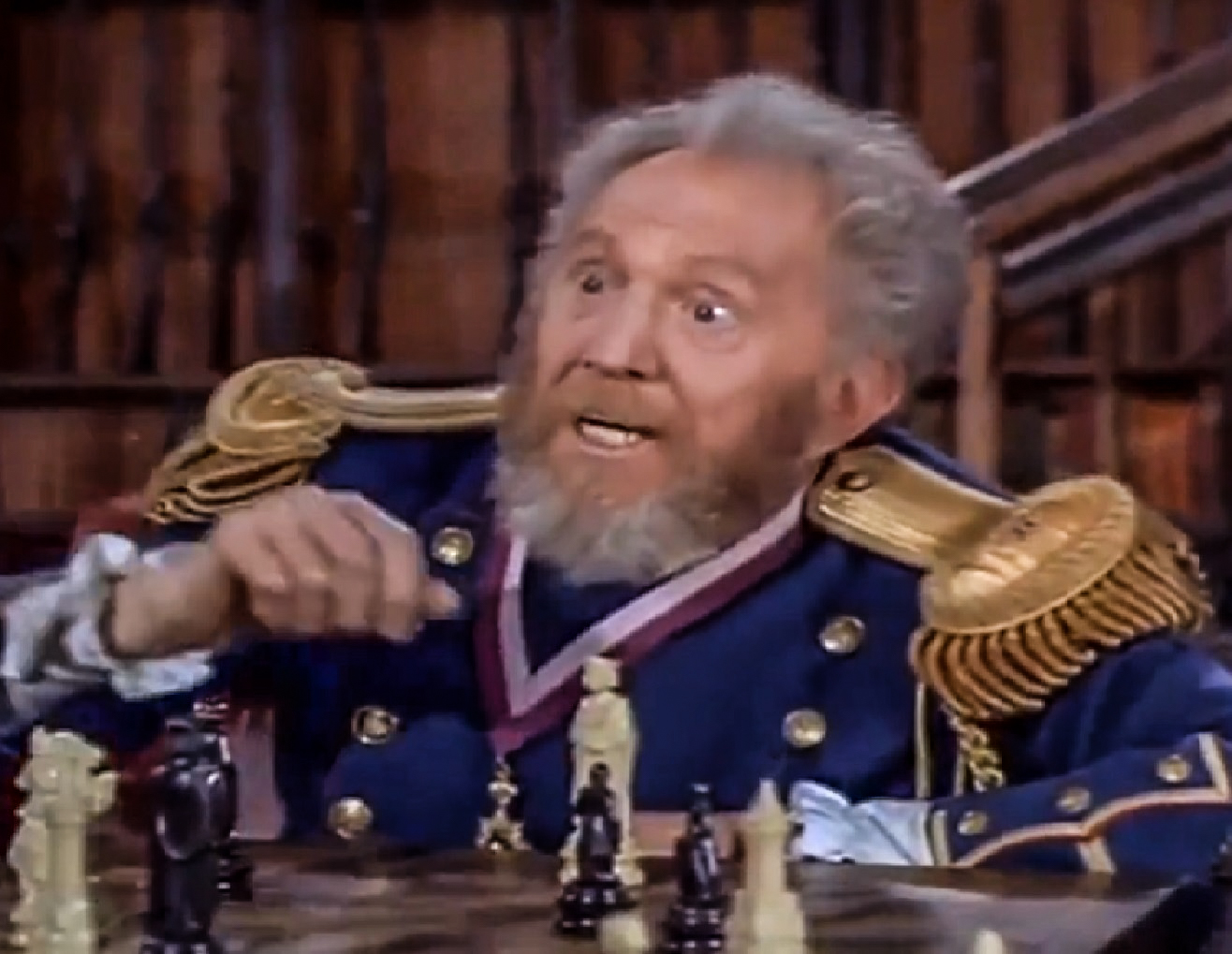 Bonanza(1966),National Broadcasting Company (NBC)
Bonanza(1966),National Broadcasting Company (NBC)
20. People Ridiculed Him
Norton quickly became an inspiration for San Francisco society, mostly from people half-mocking his delusional actions. In 1861, a new theater hall called Tucker’s Hall put together a performance called “An Emperor For A Day”. The story was based on Norton, or as they called him, “Norton the First”. Behind the scenes though, it was no laughing matter.
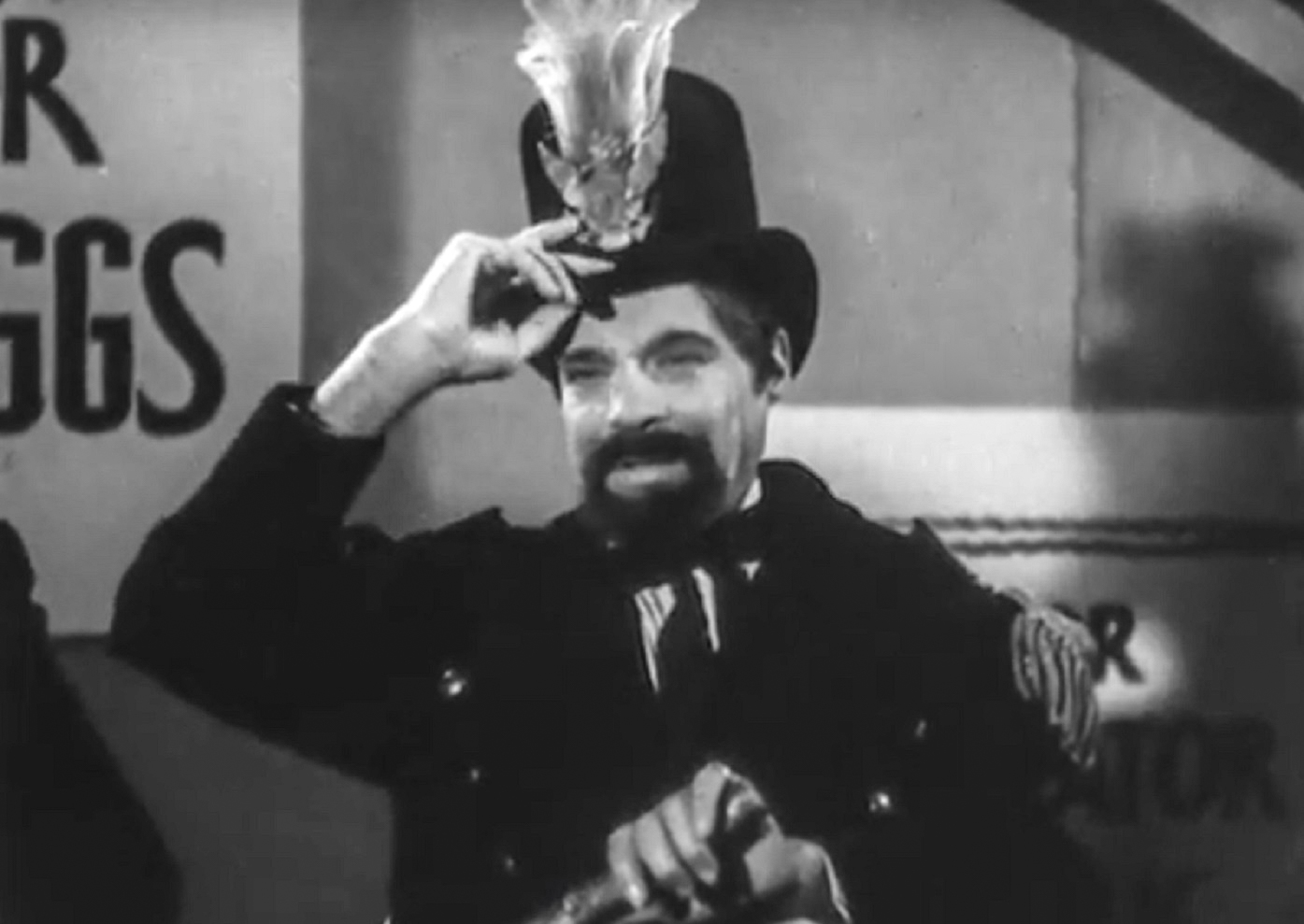 The Story of Norton I: Emperor of the United States (1936), Columbia Pictures
The Story of Norton I: Emperor of the United States (1936), Columbia Pictures
21. He Lived Miserably
Even though Norton was basically a celebrity now, he didn’t live like one. The truth of his life was tragic. After his "Emperor" announcement, he only managed to move from the boarding house to a flophouse, where he lived for 17 years. This place had no closet and a sagging couch, but he made sure to hang lithographs of royalty such as Queen Victoria around him to remind him of who he was.
He looked and lived like he was fresh out of a well-written novel, and soon somebody noticed it.
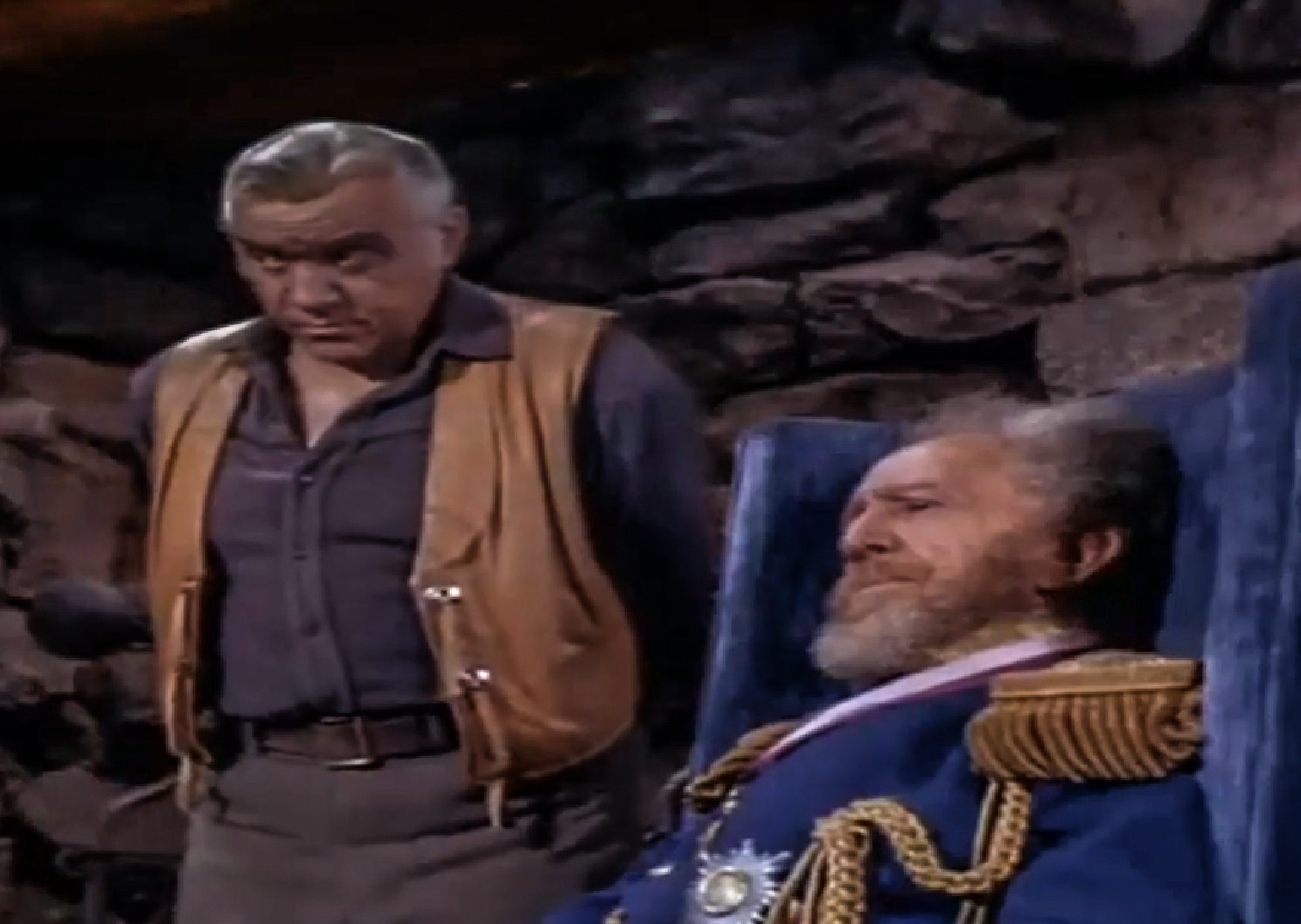 Bonanza(1966),National Broadcasting Company (NBC)
Bonanza(1966),National Broadcasting Company (NBC)
22. Someone Famous Watched Him
While Norton was knocking on newspaper doors still trying to publish his decrees, a young gentleman in one of those newspapers had his eyes on him. This gentleman—no other than the legendary Mark Twain—was observing Norton because he was so inspirational to him. Unfortunately, Twain was one of the few people who had positive feelings about Norton at this time.
23. People Wanted To Get Rid Of Him
One day in 1867, Norton witnessed a small-scale uprising towards him. A local force—who informally acted as law enforcement—orchestrated a plan. Special officer Armand Barbier and his lackeys all but kidnapped Norton, trying to force him to receive treatment for a mental disorder. But this attack produced a big plot twist.
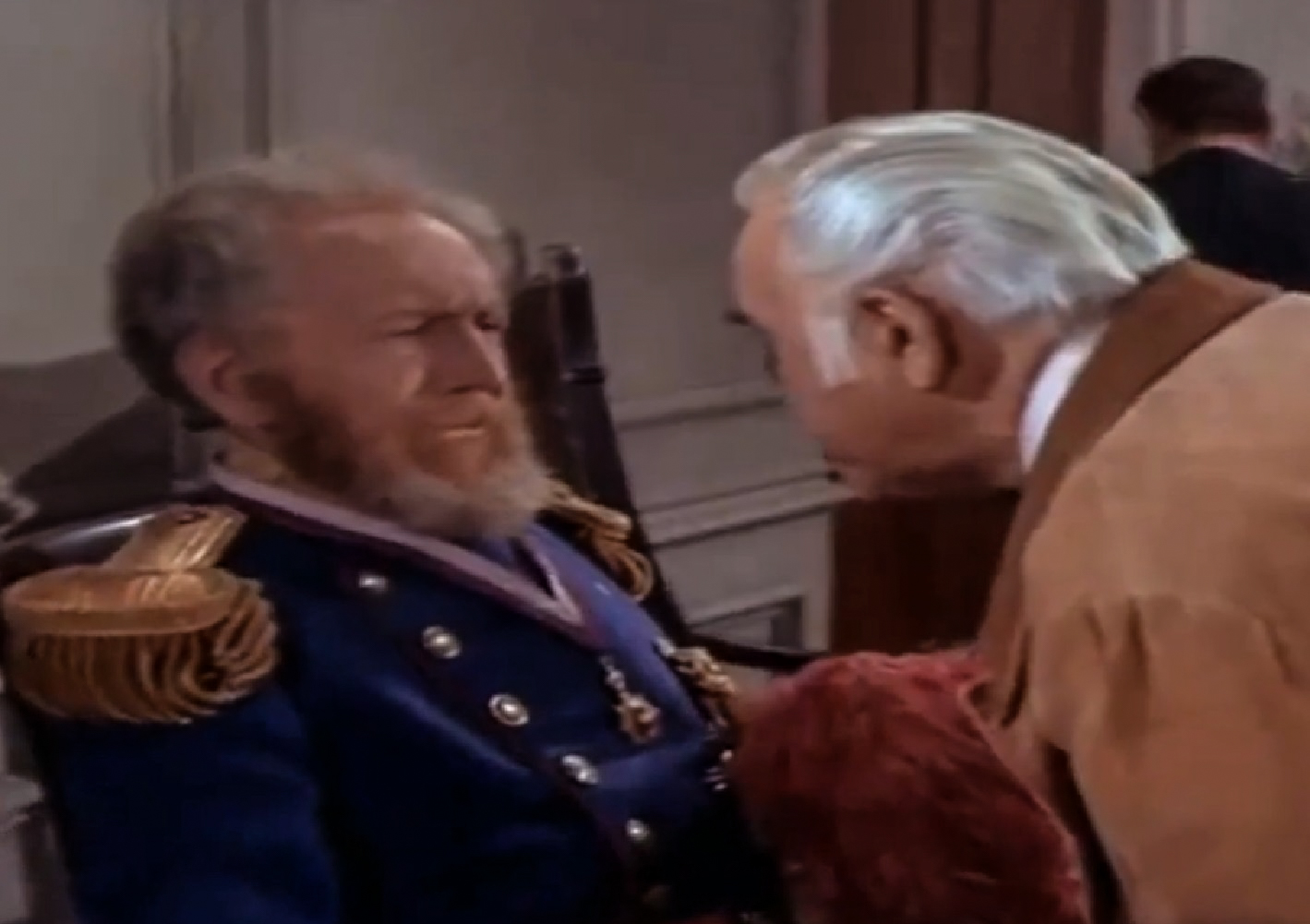 Bonanza(1966),National Broadcasting Company (NBC)
Bonanza(1966),National Broadcasting Company (NBC)
24. His Fans Defended Him
Though people ridiculed him, the public nonetheless viewed Norton has a harmless, whimsical figure, and in the wake of his arrest they rose up to his defense. They called on the local forces, wrote articles, and protested to “free the Emperor”. As they put it, Norton “had shed no blood; robbed no one; and despoiled no country; which is more than can be said of his fellows in that line".
The public wanted to protect their emperor—and the results were hauntingly beautiful.
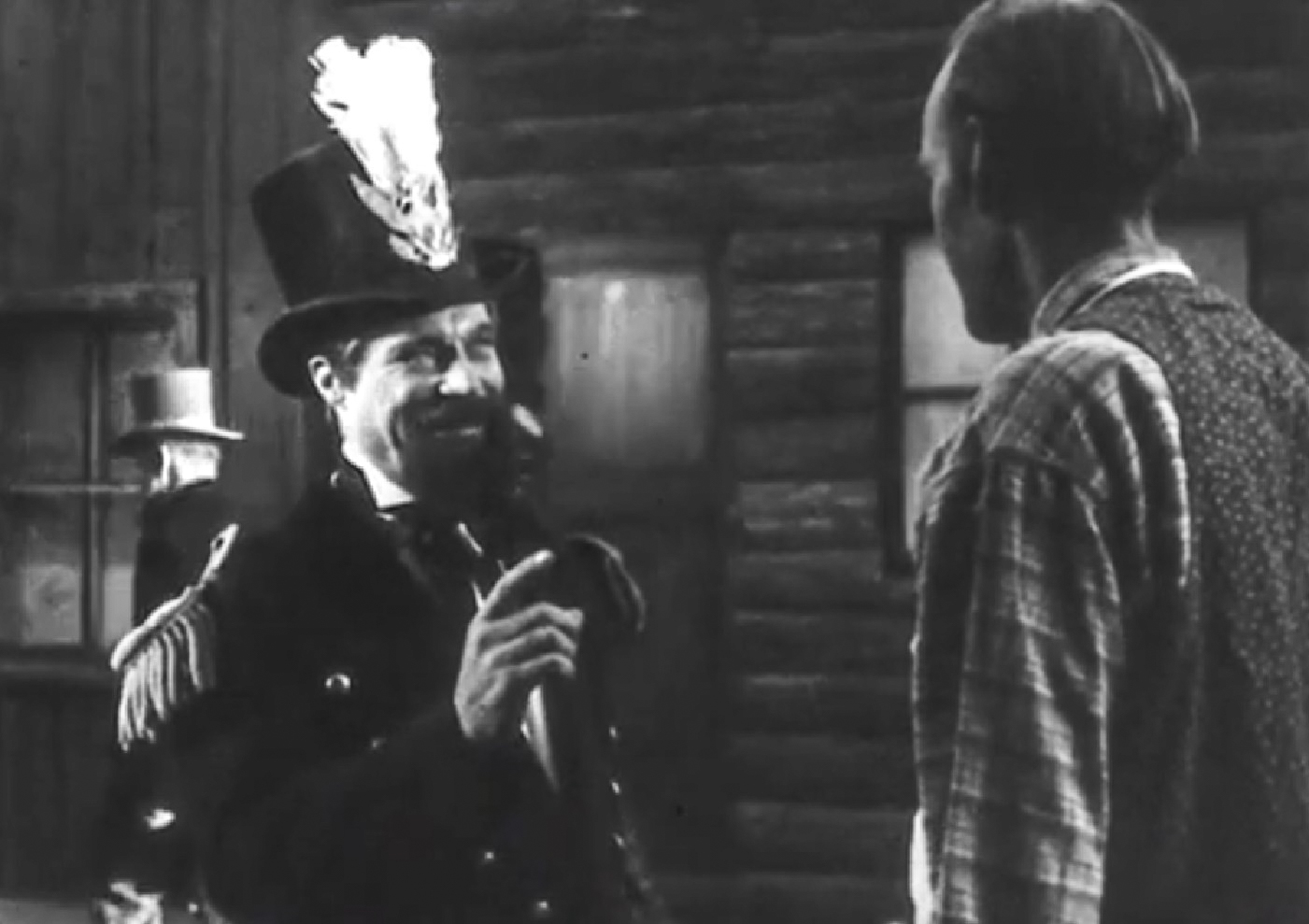 The Story of Norton I: Emperor of the United States (1936), Columbia Pictures
The Story of Norton I: Emperor of the United States (1936), Columbia Pictures
25. They Apologized To Him
As the people of San Francisco got louder about Norton’s rights, the police force got more worried…until they finally gave up and accepted their faulty move. Chief officer Patrick Crowley then ordered that the men release Norton, giving him a formal apology in the process. Only, this chapter of Norton's life didn't end there.
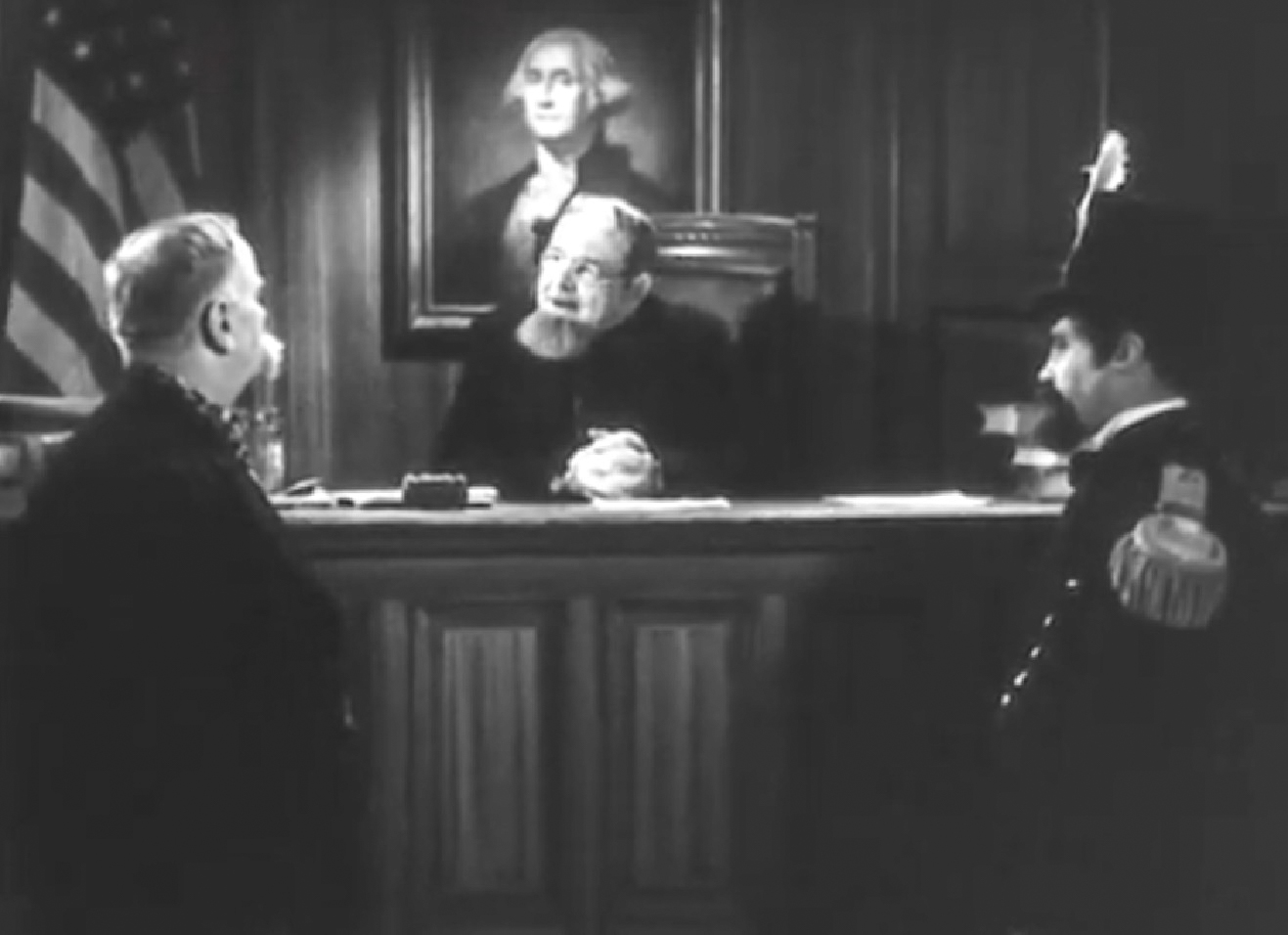 The Story of Norton I: Emperor of the United States (1936), Columbia Pictures
The Story of Norton I: Emperor of the United States (1936), Columbia Pictures
26. He Issued An Imperial Pardon
Ironically, this turn of events gave Norton more power than ever as the "Emperor" of America. He even saw fit to give Barbier, the arresting officer, an "imperial pardon" for his sins. Moreover, officers would now salute Norton every time they saw him in the streets of San Francisco. Norton had his renaissance, and it was just the beginning.
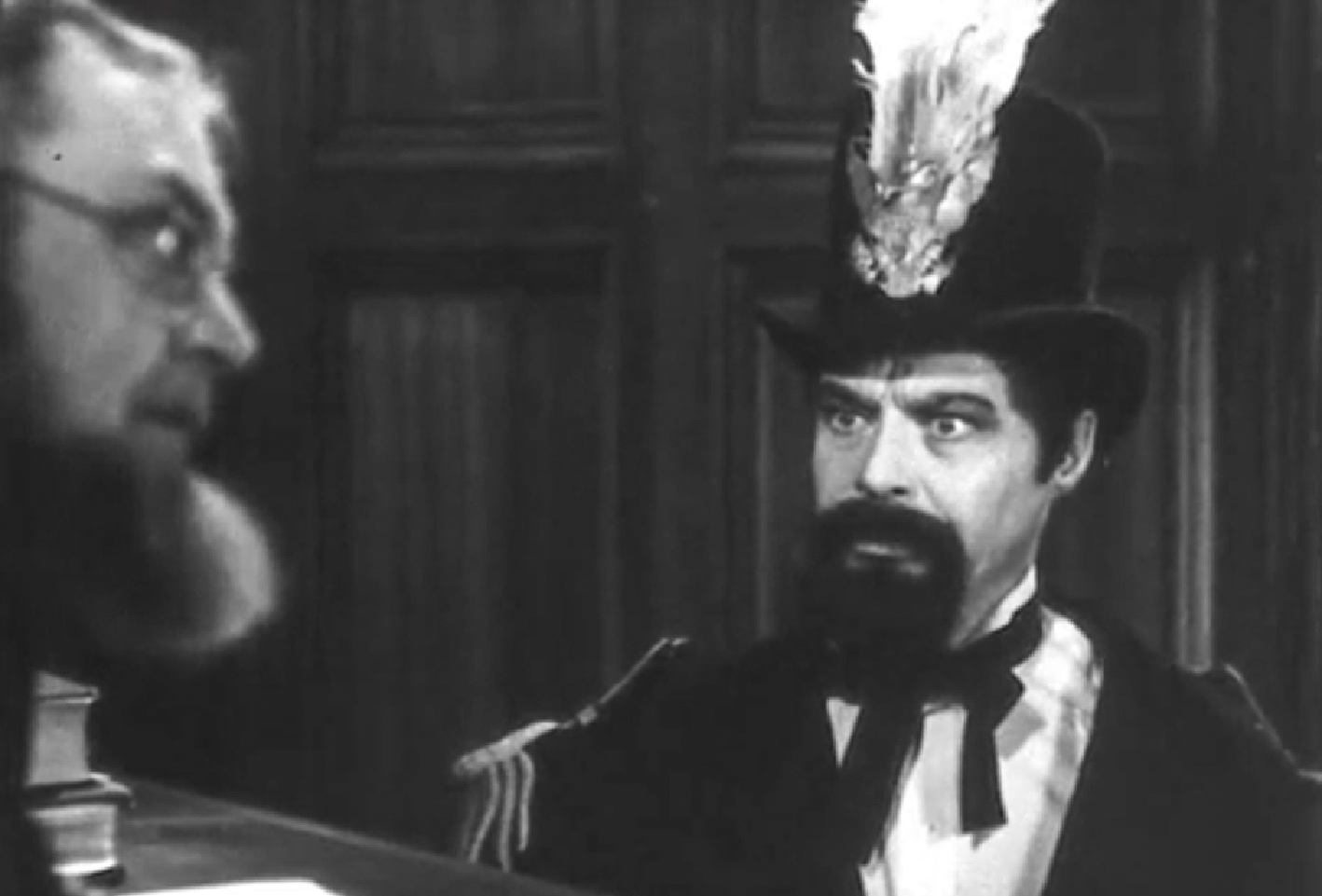 The Story of Norton I: Emperor of the United States (1936), Columbia Pictures
The Story of Norton I: Emperor of the United States (1936), Columbia Pictures
27. He Was "Insane"
After people campaigned for Norton's freedom, they further embraced his position. In 1870, while the US census was listing the residents, they didn’t list Norton’s occupation as a businessman or something about his job in the newspaper. Instead, they listed the 50-year-old Norton as the “emperor”. Then again, they also listed him as "insane".
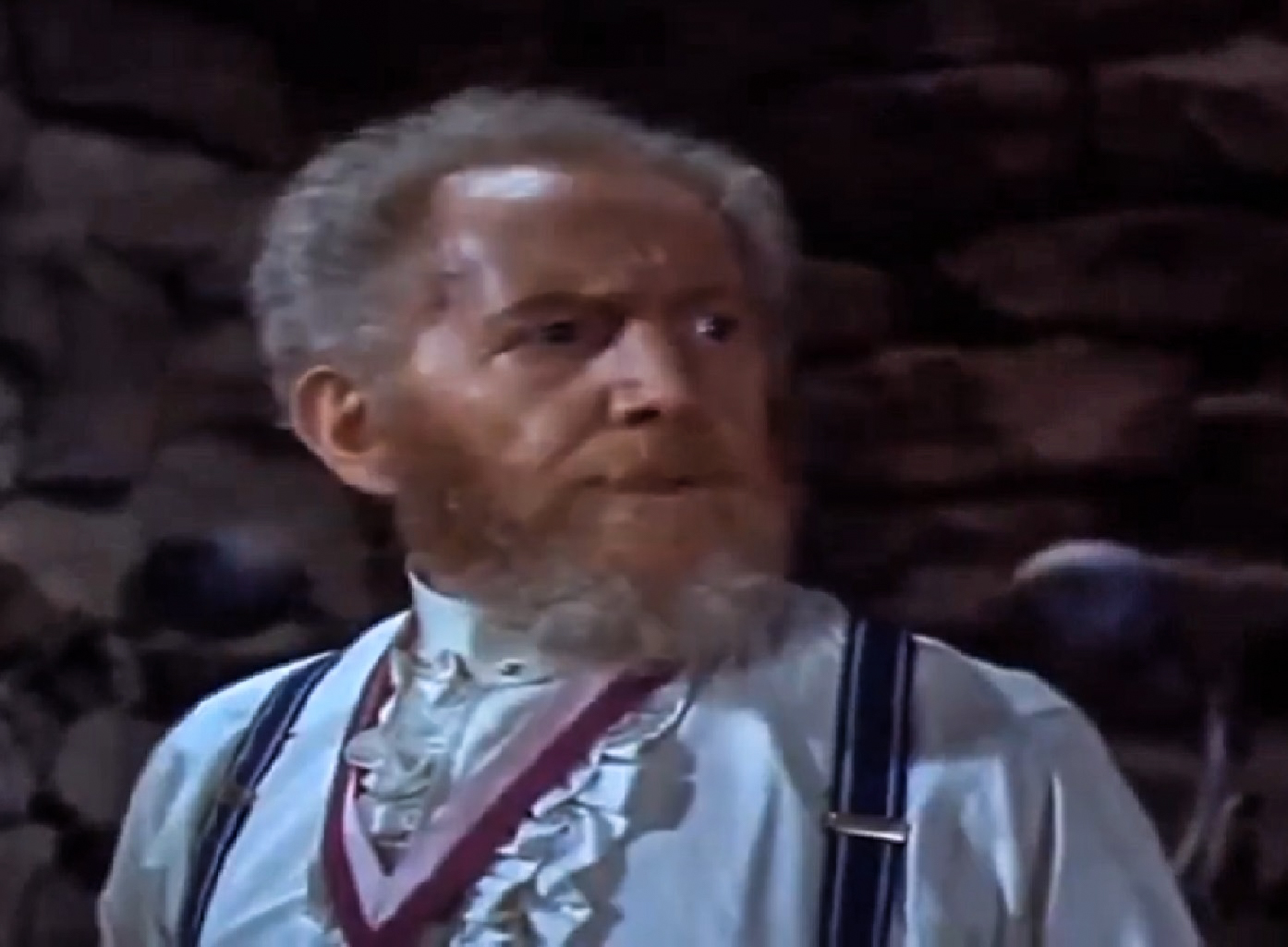 Bonanza(1966),National Broadcasting Company (NBC)
Bonanza(1966),National Broadcasting Company (NBC)
28. His Looks Were Iconic
In the 1870s, Norton transformed into a true mascot. Everyone knew he wasn't the emperor—nor a sane man—but they still respected and treated him like one. Norton, in turn, dressed the part, and always wore a blue uniform with gold-plated epaulets. He greatly enjoyed being a “fake emperor”—and there were other, less obvious perks.
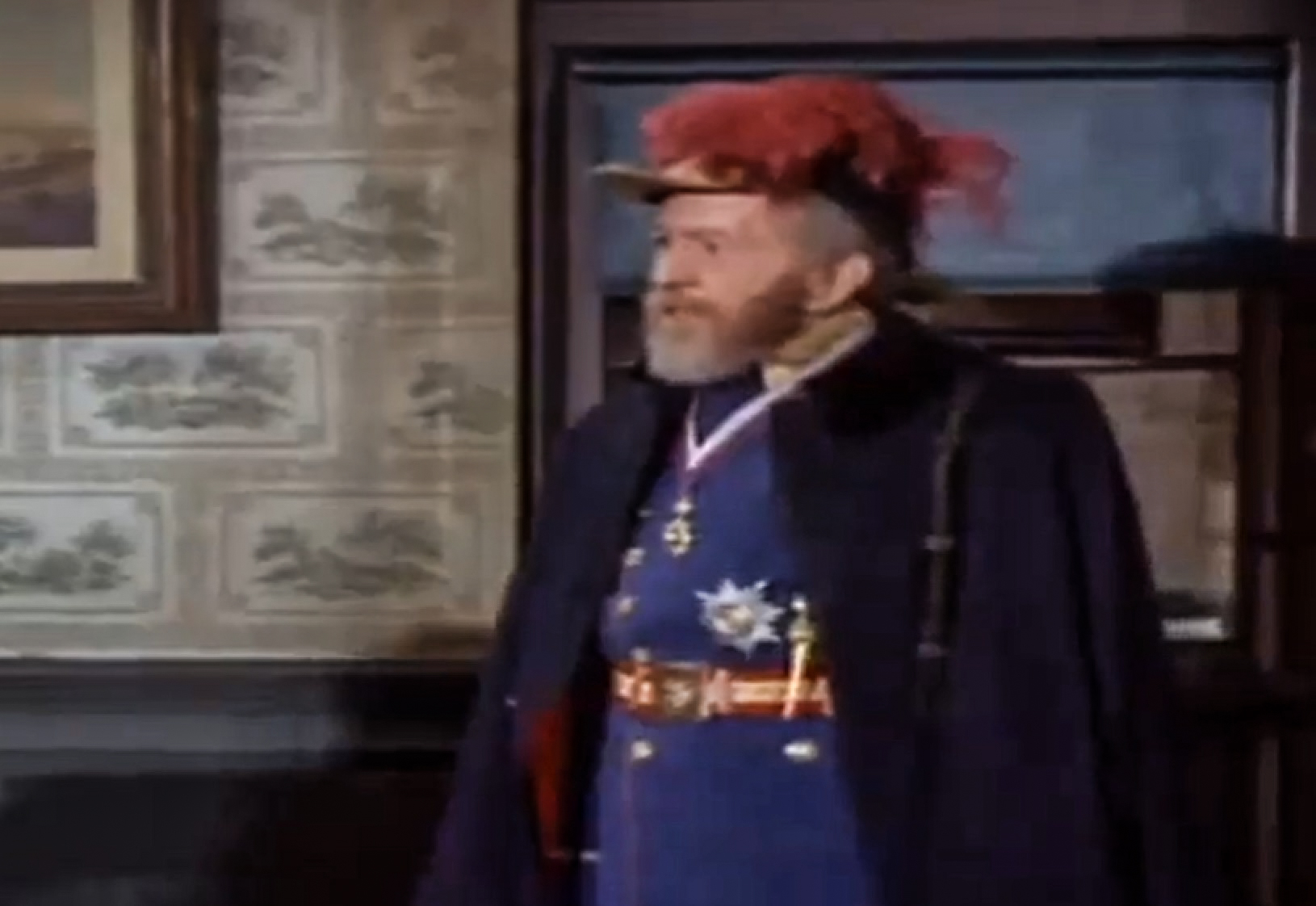 Bonanza(1966),National Broadcasting Company (NBC)
Bonanza(1966),National Broadcasting Company (NBC)
29. He Loved A Free Lunch
Although people had mixed opinions of Emperor Norton, he still led a charmed life. He frequently had his lunches in the taverns for free. He would wait for Old St Mary’s church bells to signal noon so that he could be on his way for a free meal. You’d imagine him being a silent old man by now, but in reality he was the opposite.
30. He Challenged Someone Publicly
Even though it seemed like he was done with politics, Norton's next act surprised everyone. In 1878, the politician Denis Kearney was leading an anti-Chinese rally across from City Hall. On that day, Norton stood in the middle of the public and demanded that Kearney disperse his hateful crowd and go home.
It was a valiant move, just not a triumphant one.
31. He Failed
Norton was objectively doing the right thing here, but it didn't exactly pay off for him. Not taking the "emperor" seriously, Kearney kept on with what he was doing, though the local newspapers did report their incident the next day. Still, none of this deterred Emperor Norton. His outrageous acts kept on going.
32. His Face Was On A Dollar Bill
Norton liked bragging about his position as the emperor, so he wanted everyone in San Francisco to see his face and know his name—all the time. What would be the best plan to do such a thing? Issue your own money. So, Norton printed scripts and notes...a lot of them. They were absolutely not legitimate, but Norton always seemed to find a way to make it work.
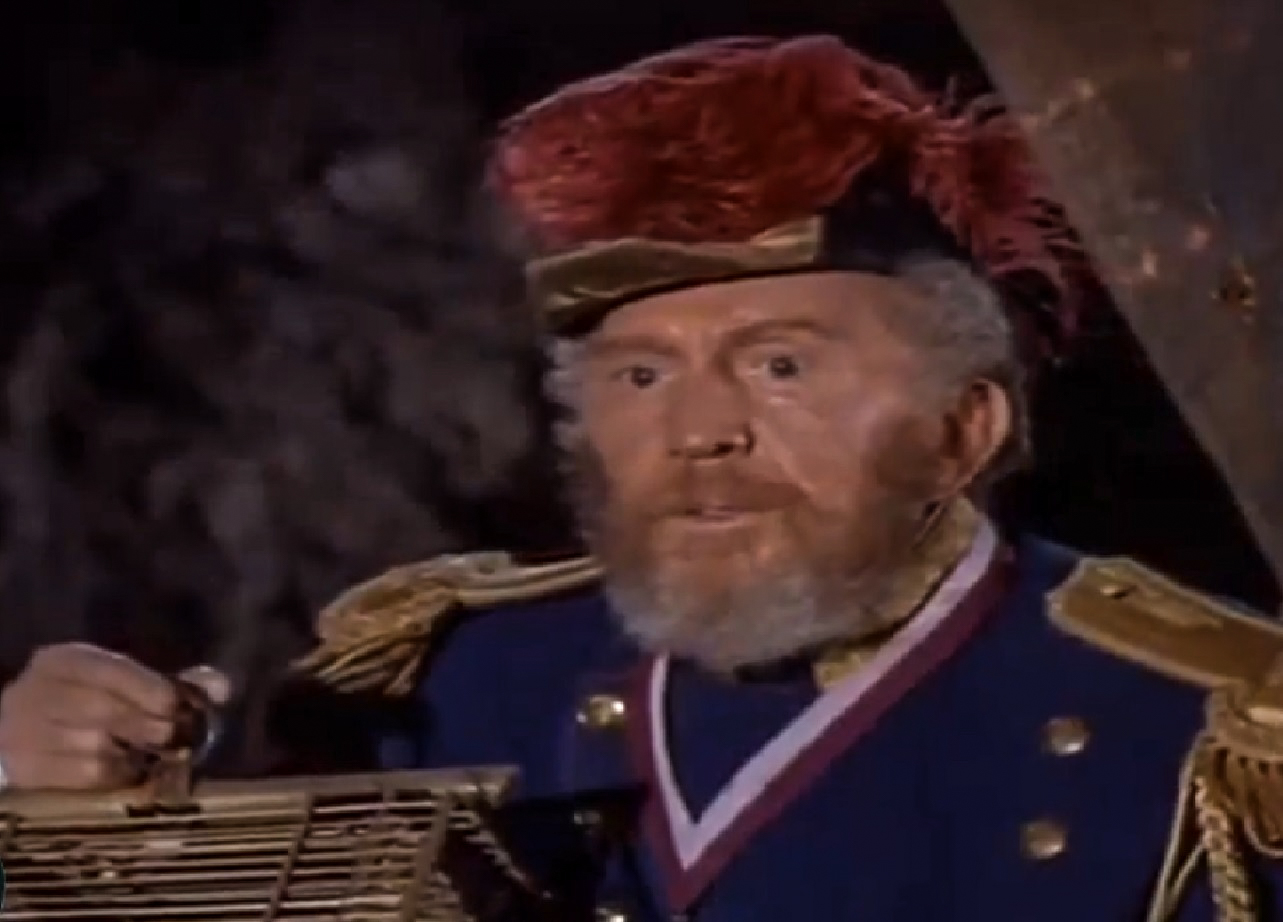 Bonanza(1966),National Broadcasting Company (NBC)
Bonanza(1966),National Broadcasting Company (NBC)
33. People Went Along With Him
What Norton did with his "money" was at least mildly unacceptable, yet some people and businesses in San Francisco were okay with it. Allegedly, some of the restaurants in the area welcomed Norton and accepted his payments—with the imaginary money he issued. Heartwarming, yes, but things were obviously getting out of hand.
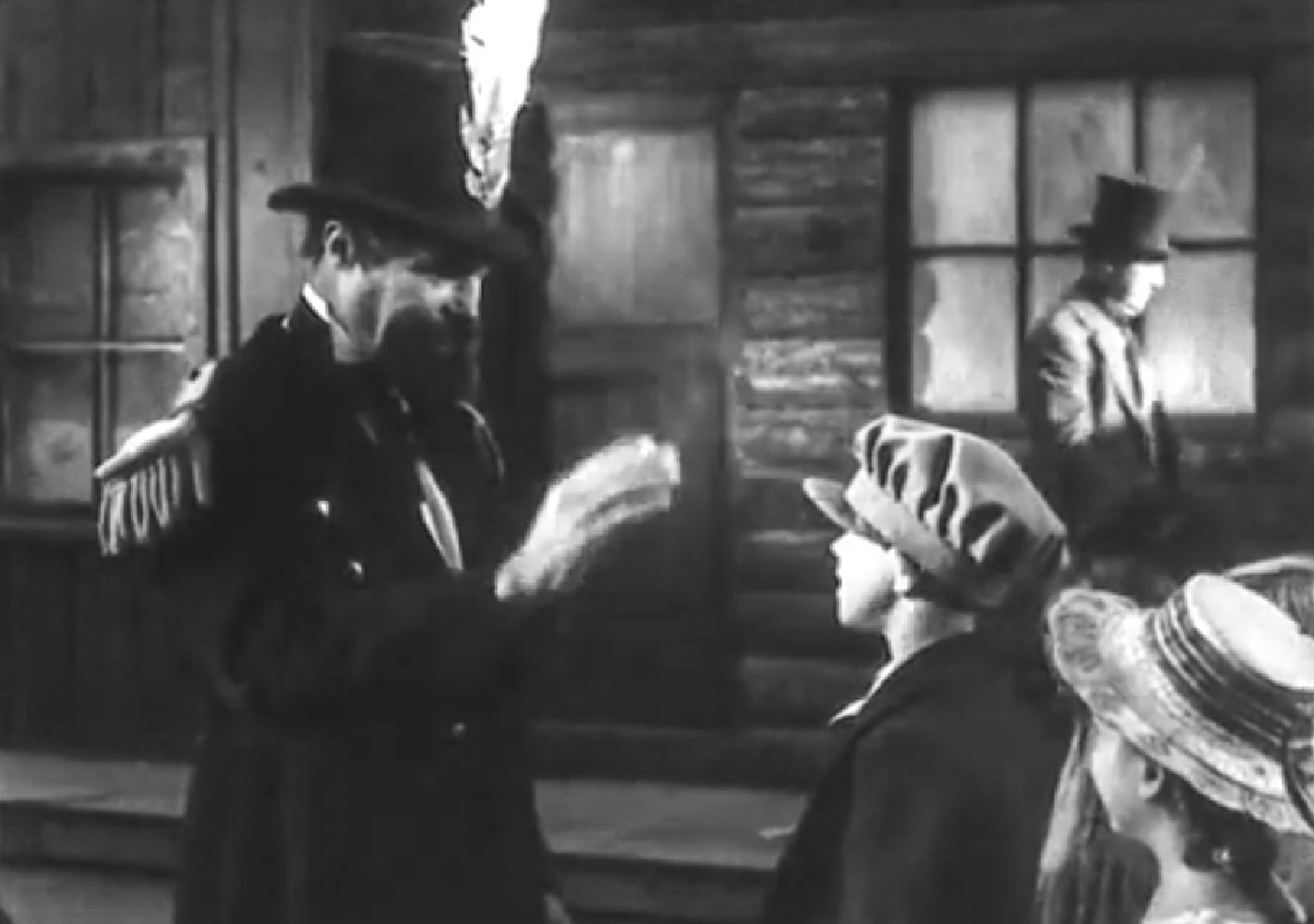 The Story of Norton I: Emperor of the United States (1936), Columbia Pictures
The Story of Norton I: Emperor of the United States (1936), Columbia Pictures
34. He Met With Other Emperors
Norton's antics were now legendary, and not just with the commoners in America. In 1876, the real Emperor of Brazil, Don Pedro II, visited Norton. Allegedly, they met at a royal suite of a new, luxurious hotel and talked for a good hour. But if Norton had spent decades depending on the kindness of others, that left him very vulnerable to exploitation...
35. People Took Advantage Of Him
All the stores in San Francisco knew what a tourist attraction Norton could be. Therefore, they monetized his name, his face, and his looks in every way possible. Merchants hit the jackpot by selling postcards, Emperor Norton dolls, and even cigars that had Norton’s face on them. There's a dark truth here, though. Norton didn’t see a cent of that money.
Still, something bigger was around the corner for him.
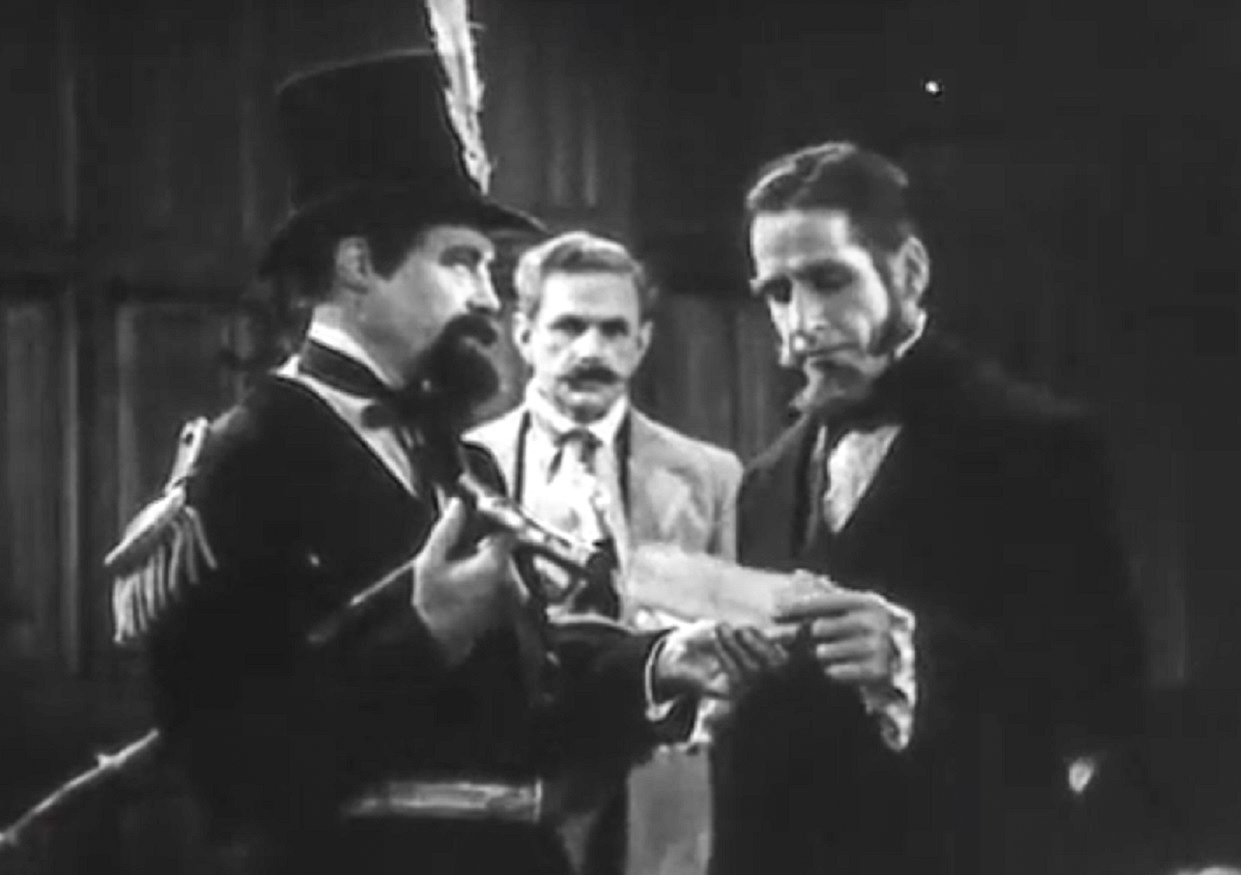 The Story of Norton I: Emperor of the United States (1936), Columbia Pictures
The Story of Norton I: Emperor of the United States (1936), Columbia Pictures
36. He Had A New Duty
In 1862, Napoleon III invaded Mexico and put in one of his allies as sitting ruler. With this political upheaval just next door, people began to say that Norton should take the title “Protector of Mexico”. However, this new suggestion didn’t stem from Norton’s accomplishments or intellect, oh no. It stemmed from a wild rumor.
37. There Was A Myth About Him
Why did people want Emperor Norton to be the "Protector of Mexico?" Well, there was an urban legend going around that Norton was really the secret son of Napoleon III, and was only pretending at poverty. If it was true (and it almost certainly wasn't), it would only make sense that he would help protect his father's land. True or not, Norton happily took up the title.
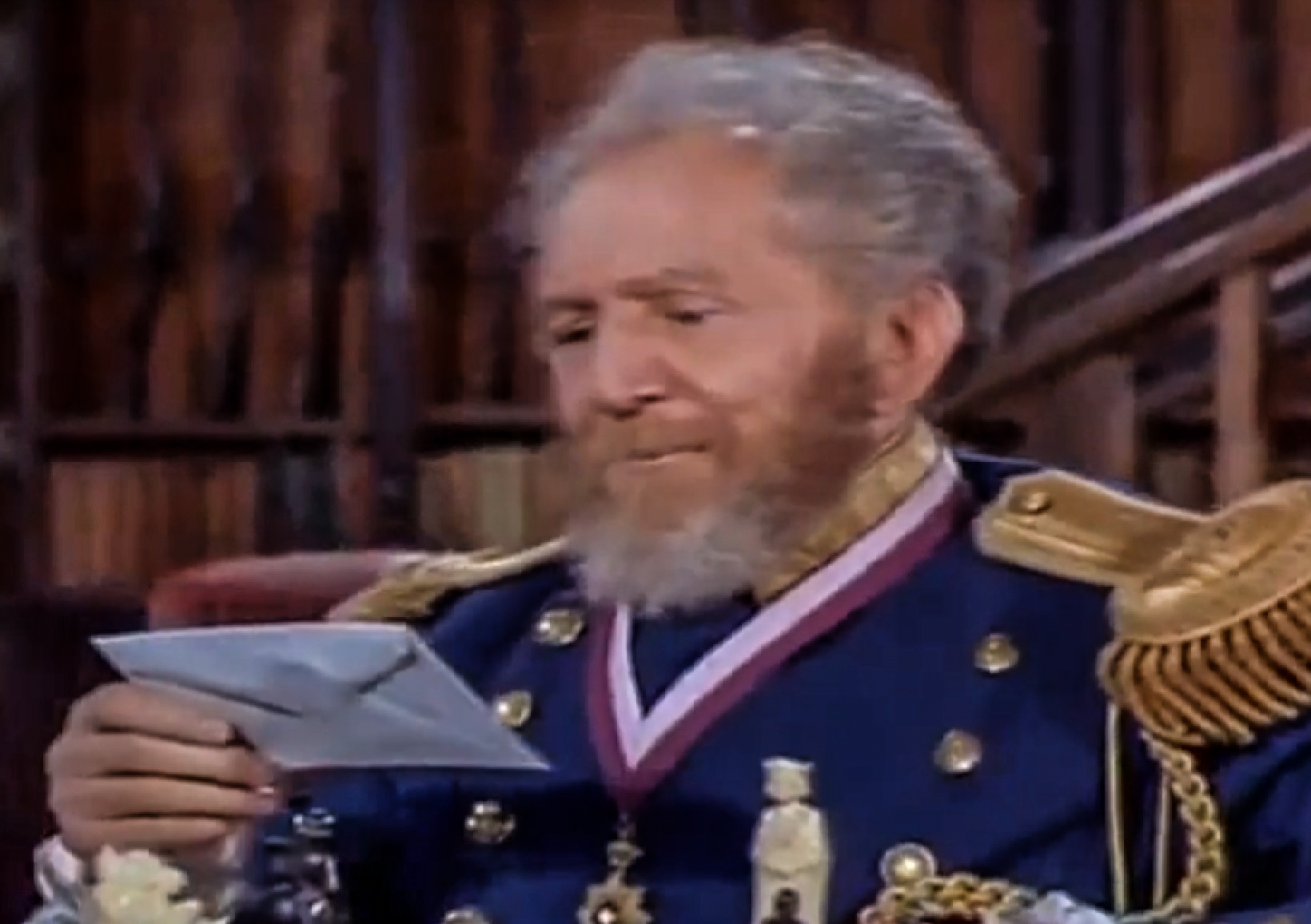 Bonanza(1966),National Broadcasting Company (NBC)
Bonanza(1966),National Broadcasting Company (NBC)
38. He Coined A Phrase
Lofty titles aside, Norton's one real accomplishment was actually in literature. Because of him, the phrase “queen/king for a day” became part of our language. People often witnessed him issuing a patent of nobility to children—for that day—when they needed cheering up or when they had done some good. But Norton had some bad days ahead himself.
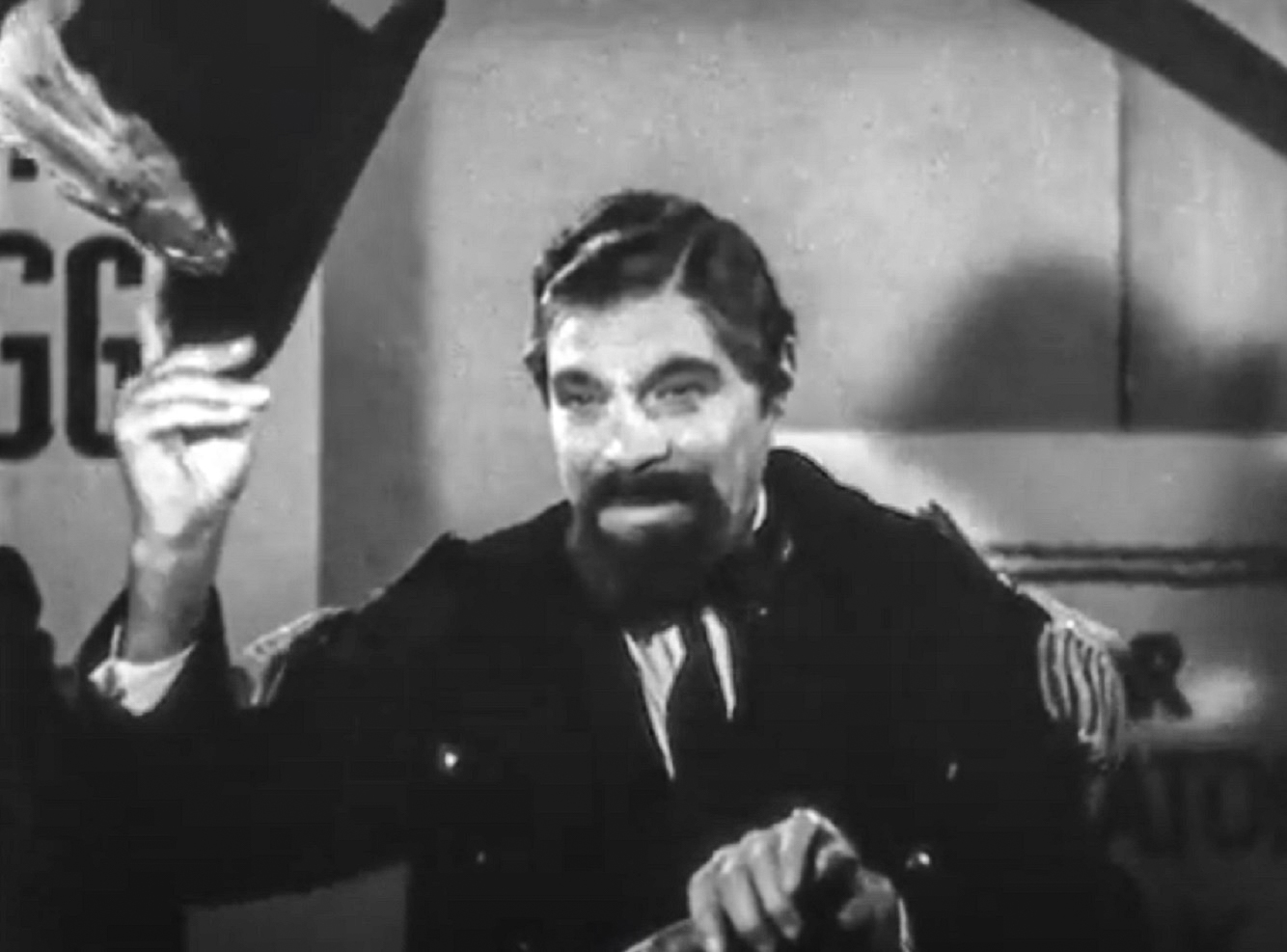 The Story of Norton I: Emperor of the United States (1936), Columbia Pictures
The Story of Norton I: Emperor of the United States (1936), Columbia Pictures
39. He Resigned From His Position
Norton was pretty pleased with his new title of "Protector of Mexico"...at first, anyway. As time passed, however, he became more and more dissatisfied with it. After all, Napoleon himself would evacuate his troops just a handful of years after invading the country.
Eventually, Norton revoked his "Protector" status, proclaiming, "It is impossible to protect such an unsettled nation". Besides, he now had a different goal in mind.
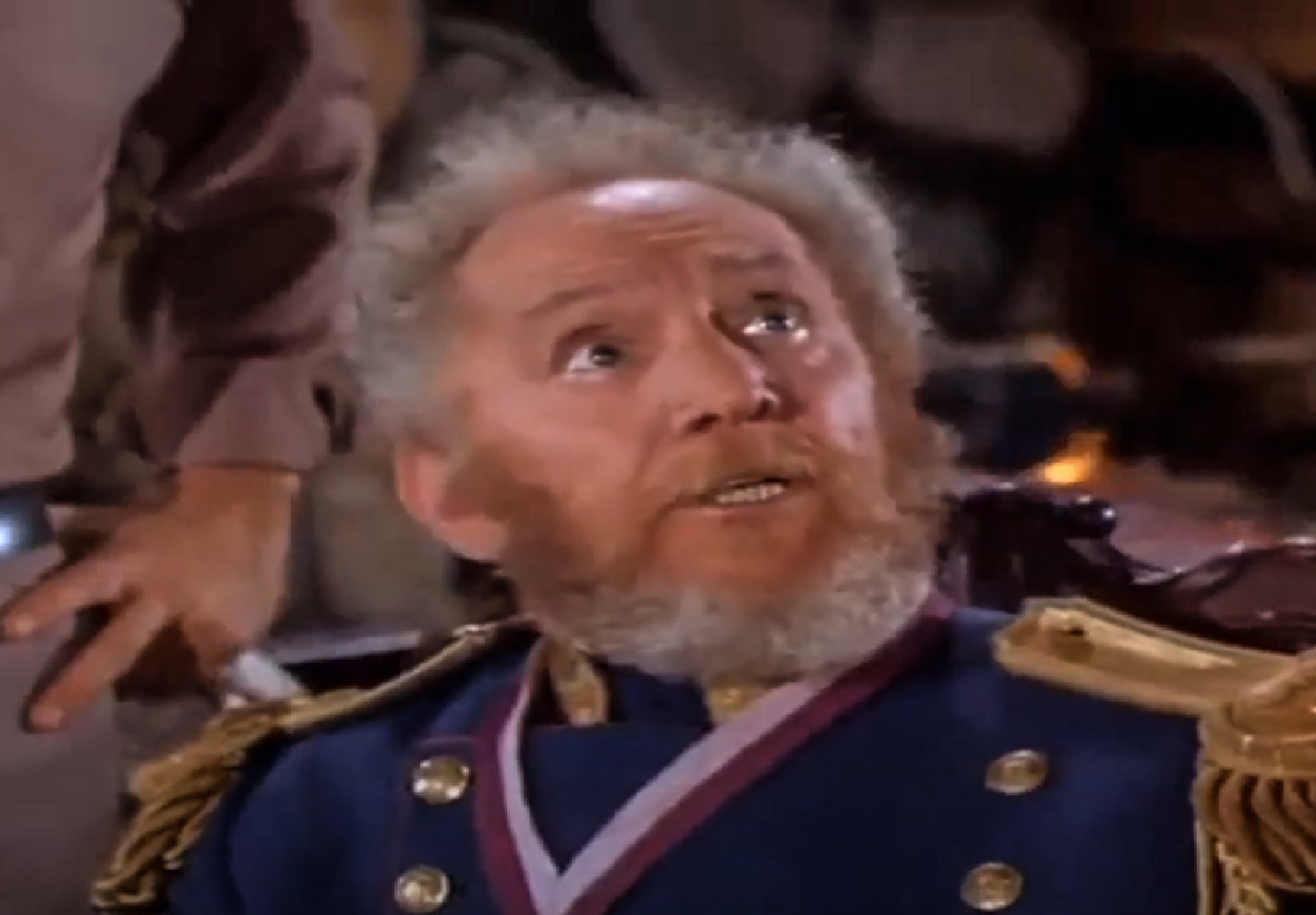 Bonanza(1966),National Broadcasting Company (NBC)
Bonanza(1966),National Broadcasting Company (NBC)
40. He Wanted To Marry The Queen Of England
Norton was obsessed with Queen Victoria—he had her pictures on his wall and her pretty face in his dreams. Occasionally, he would write letters to her, and some of them left their mark as most unromantic marriage proposals. He would suggest marriage “to strengthen ties between their nations”.
Unsurprisingly, the queen never wrote back. So he stopped writing to her, but he didn’t stop writing.
41. He Was Constantly Sending Letters
Norton’s next target was another royal, Kamehameha V—the King of Hawaii. His requests were equally ambitious. He requested an estate from him, stating that he wanted to live over there. Now, Emperor Norton never got the estate he was after, but the King of Hawaii did give him quite the surprise.
42. Hawaii Recognized Him As Ruler
Hawaii was no friend of the colonizing United States at this time, and Kamehameha saw an opportunity in Norton to stick it to his oppressors. Near the end of his reign, he refused to recognize the US government—and would instead only recognize the one and only Emperor Norton as the leader of the country. Sadly, these good times were almost at an end for Norton.
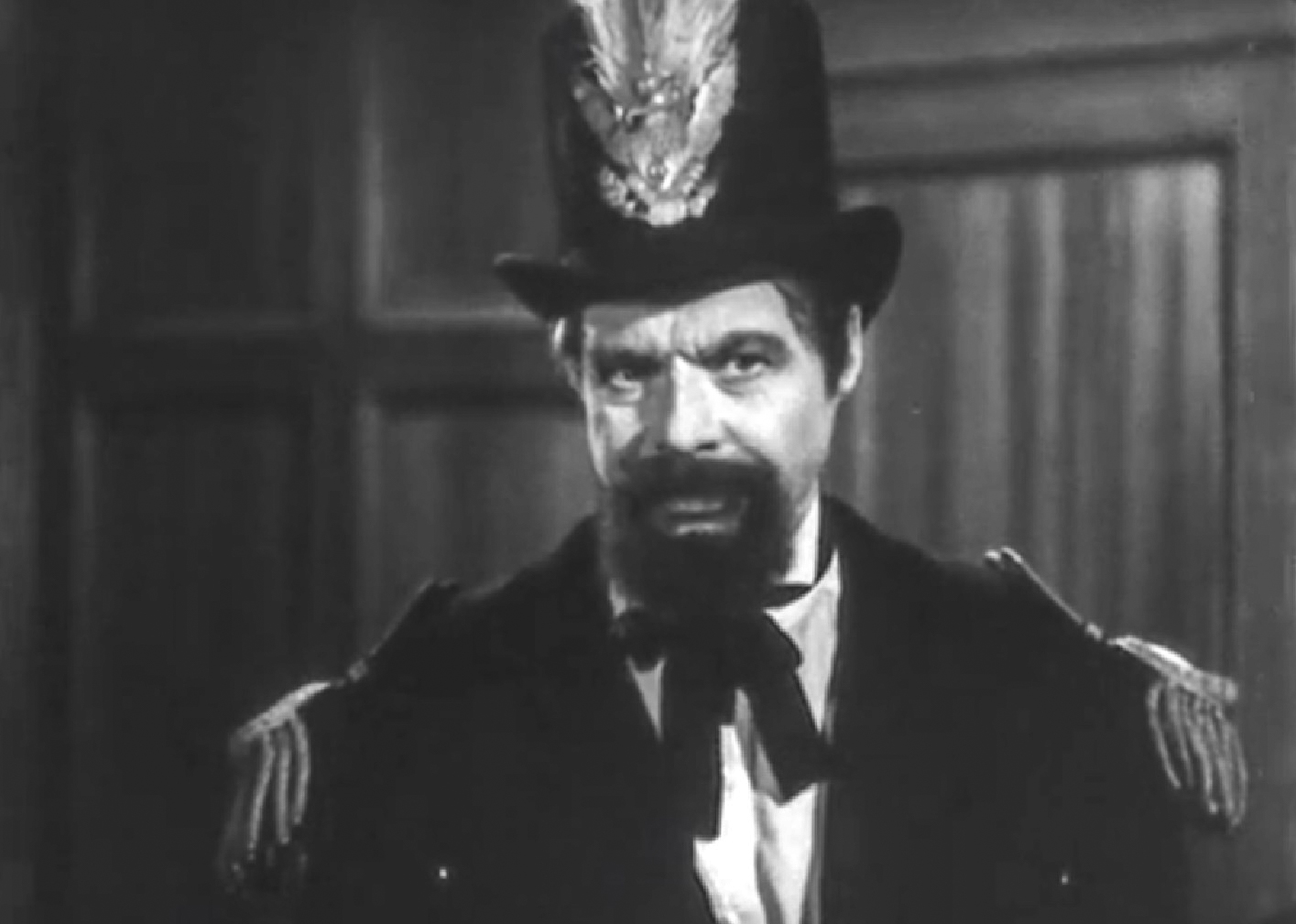 The Story of Norton I: Emperor of the United States (1936), Columbia Pictures
The Story of Norton I: Emperor of the United States (1936), Columbia Pictures
43. He Collapsed
On a cold January day in 1880, Norton was walking down the street near his old haunt St Mary's Cathedral. Then disaster struck. Seemingly out of nowhere, he collapsed and lost consciousness. Nearby officers immediately noticed and rushed to his aid, calling for a carriage to take Norton to a hospital. But it was too late.
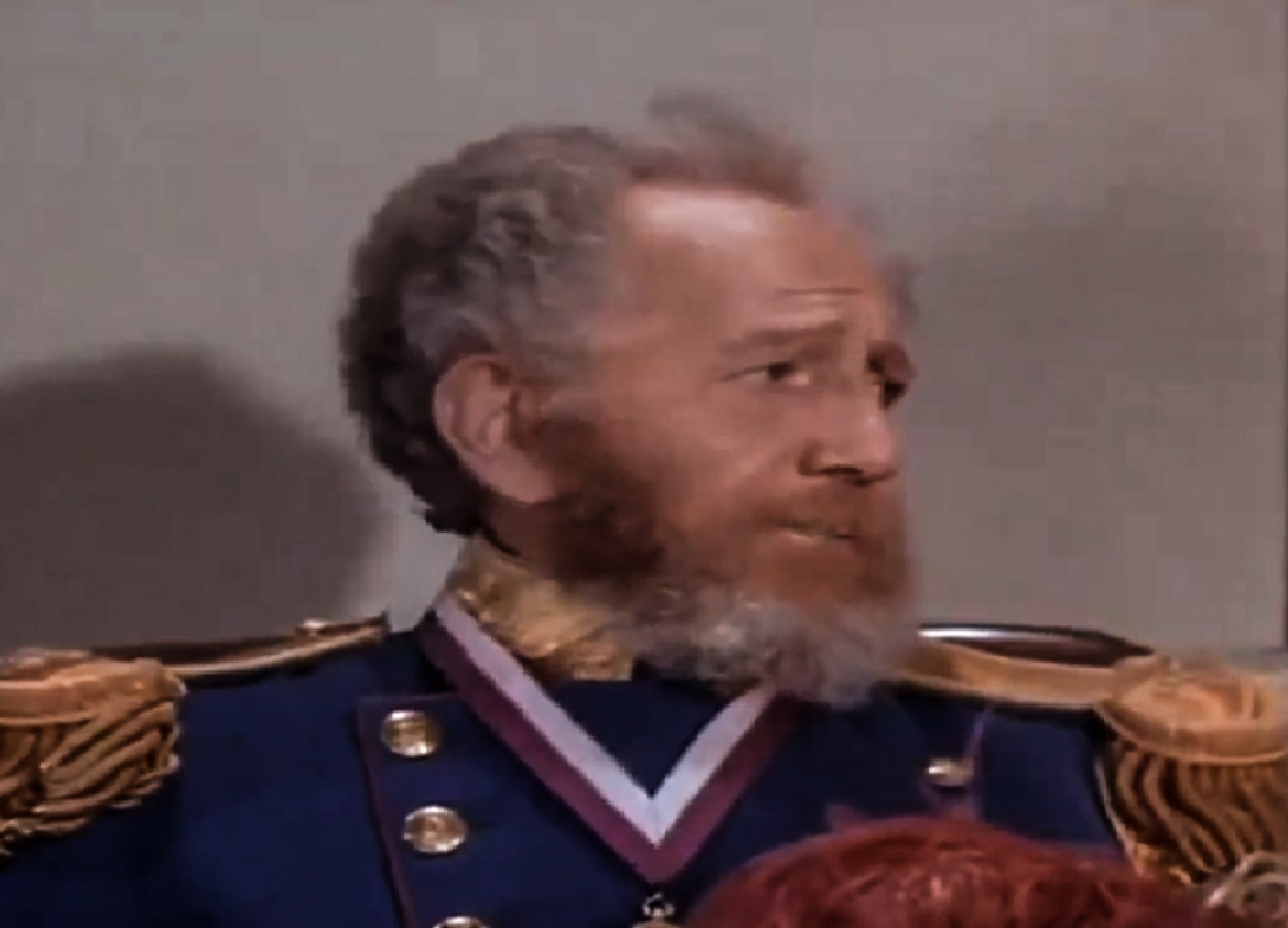 Bonanza(1966),National Broadcasting Company (NBC)
Bonanza(1966),National Broadcasting Company (NBC)
44. They Did Everything They Could For Him
When the end came for Emperor Norton, it came swift and brutal. Before the carriage could even arrive, the officers realized that the so-called ruler of the US had passed. It was over before it began, and Norton breathed no more. But that didn't mean that people were ready to forget their Emperor, not at all.
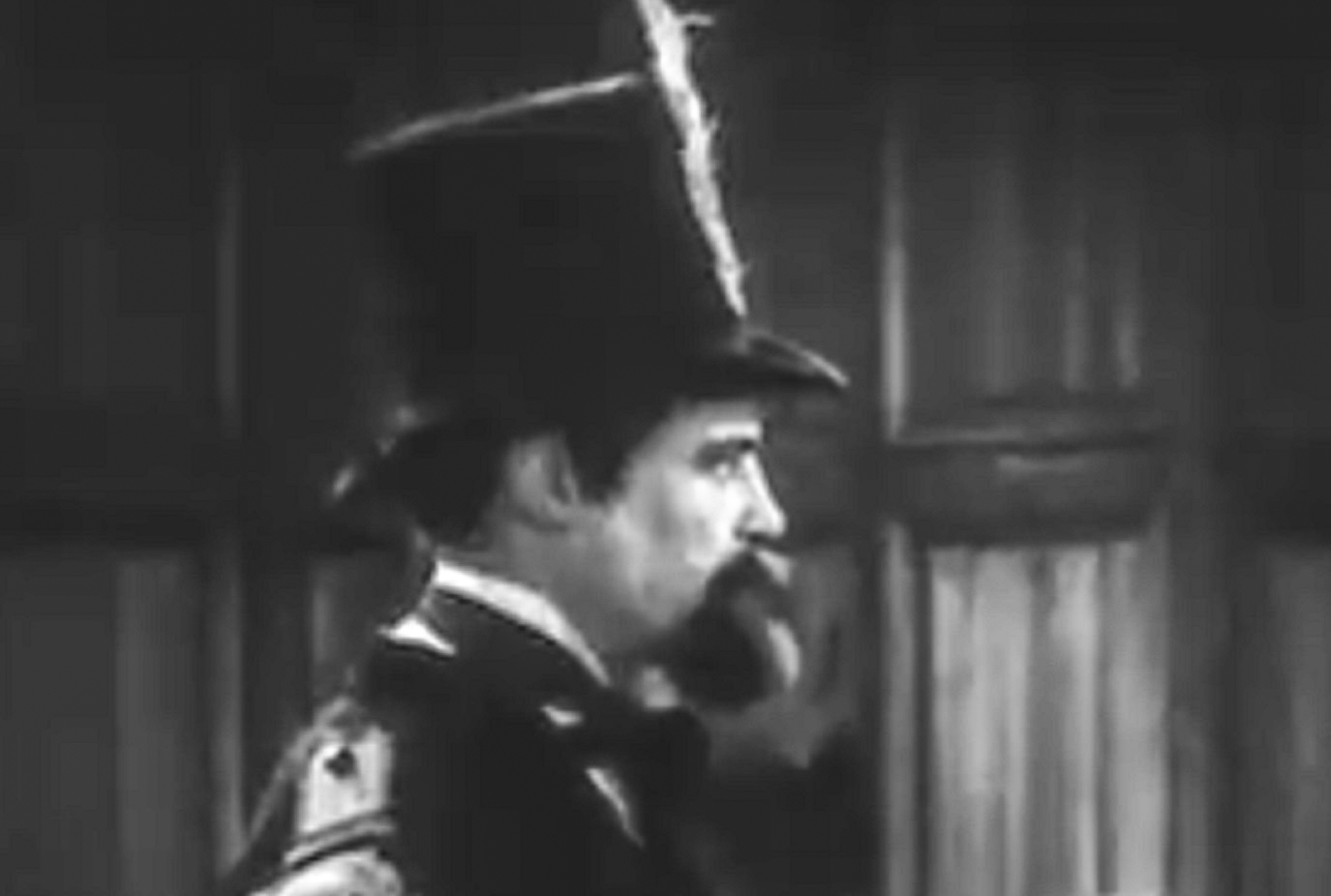 The Story of Norton I: Emperor of the United States (1936), Columbia Pictures
The Story of Norton I: Emperor of the United States (1936), Columbia Pictures
45. He Was Breaking News
A flood of mourning followed Norton's death, with many lamenting the passing of a national treasure. One paper wrote, "On the reeking pavement...Norton I, by the grace of God, Emperor of the United States and Protector of Mexico, departed this life". In covering his funeral, another paper published the headline "Le Roi est Mort" or "The King is Dead".
Indeed, that funeral was a real tear-jerker.
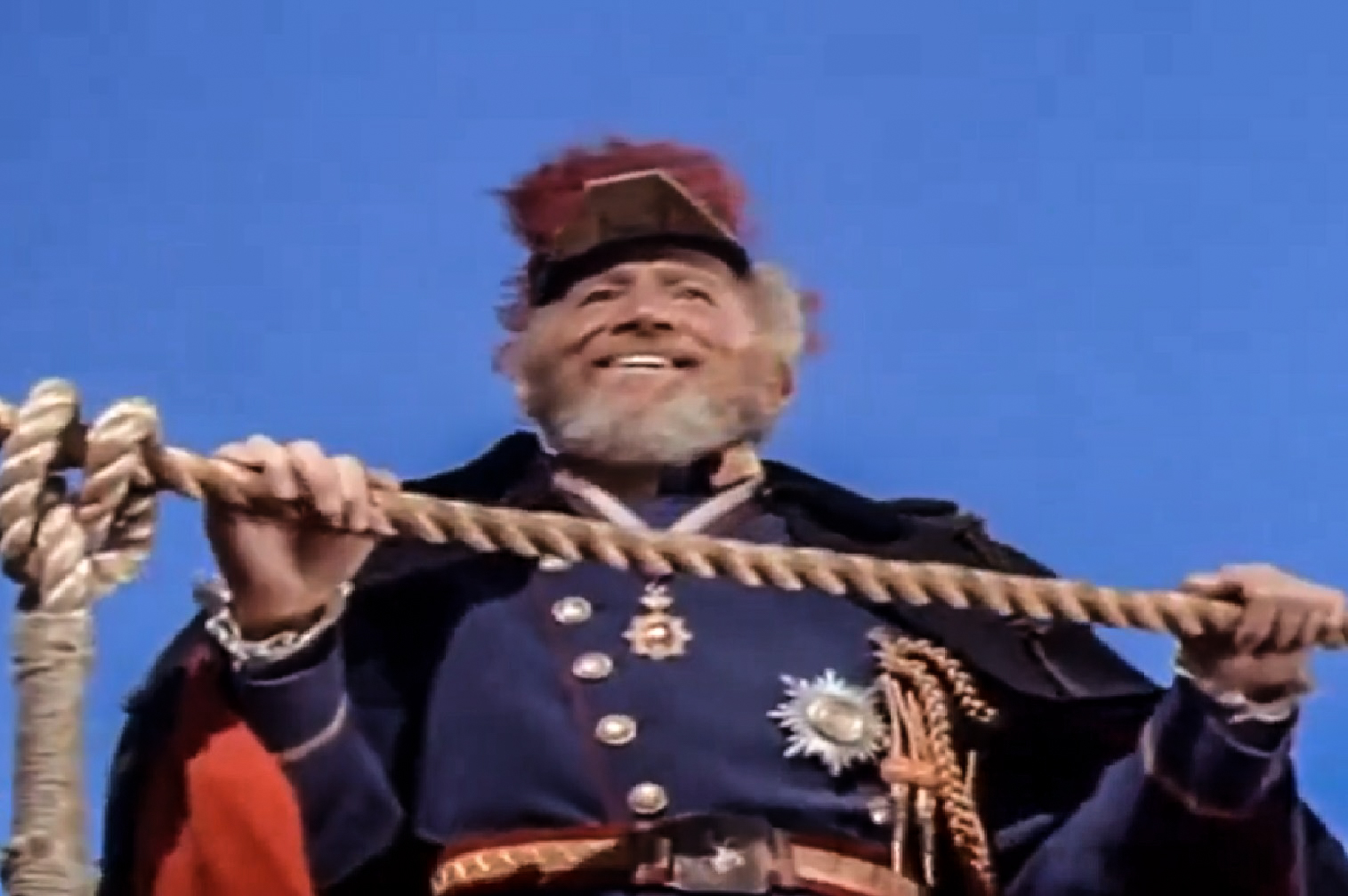 Bonanza(1966),National Broadcasting Company (NBC)
Bonanza(1966),National Broadcasting Company (NBC)
46. They Said Goodbye To Him
According to legend, there were at least 10,000 people who wanted to pay their respects to Norton by “viewing the Emperor’s body in the state”. Then, while the officers started the ceremony and took Norton to the Masonic Cemetery, reportedly a “two-mile long cortege” accompanied them. The truth is actually heartbreaking. These numbers are likely hugely inflated; at the best guess, only around 30 people visited him that day.
It was time for Norton’s reign to officially end, but it was just the beginning of his legacy.
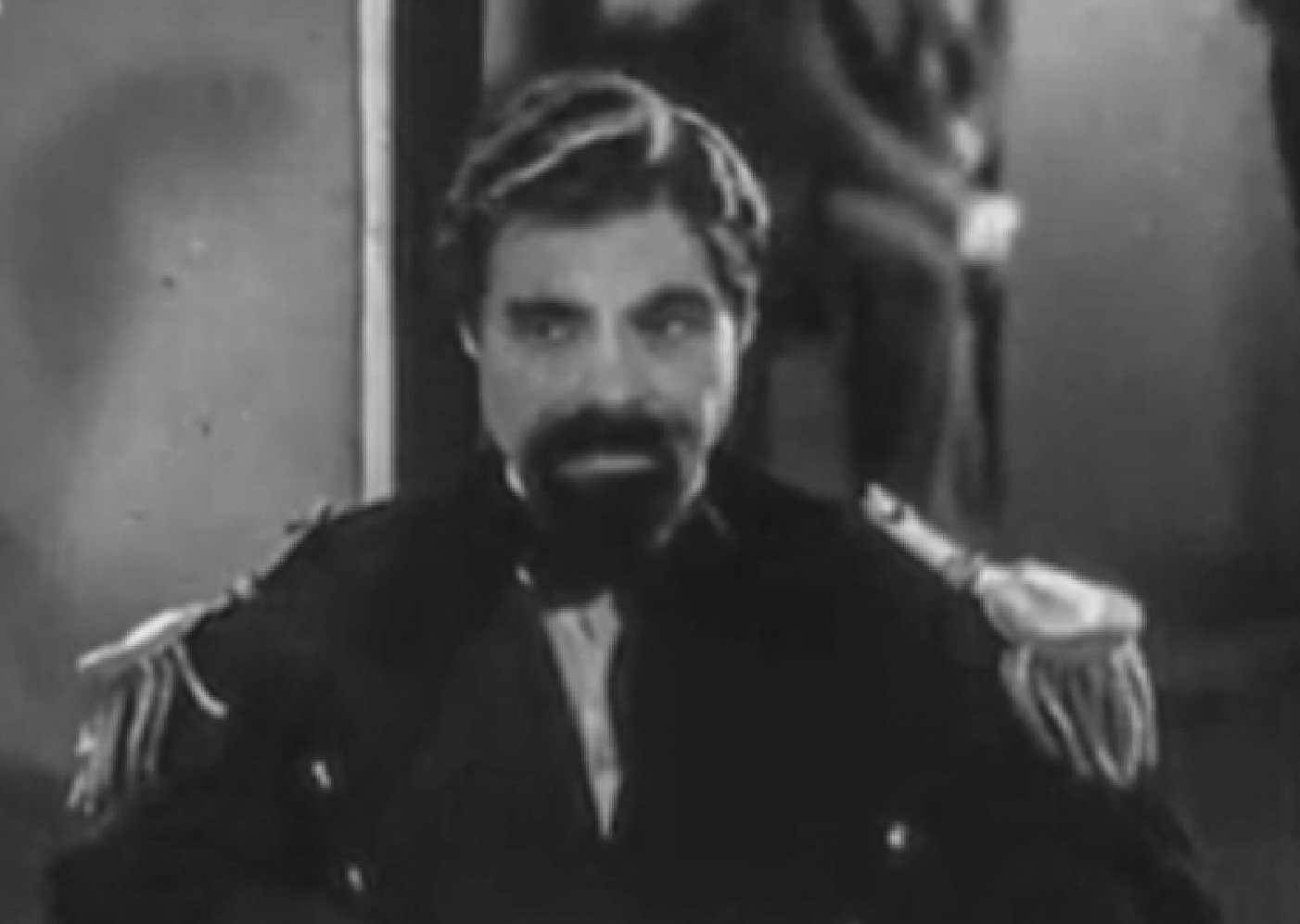 The Story of Norton I: Emperor of the United States (1936), Columbia Pictures
The Story of Norton I: Emperor of the United States (1936), Columbia Pictures
47. He Inspired A Classic
An old admirer of Norton—Mark Twain—was the first to immortalize the quirky, iconic man. After years of observing Norton, Twain decided to model the character of “the King” in Adventures of Huckleberry Finn on Norton. Other authors quickly followed suit. Now, how many people have that claim to fame?
48. People Remember Him As The Emperor
The Imperial Council of San Francisco knew that Norton was a big part of San Francisco's history. Therefore, they began organizing an annual pilgrimage to Norton’s grave in 1974—which still goes on. In January 1980, they even organized ceremonies honoring "the one and only Emperor of the United States" for the 100th anniversary of his passing.
With Norton gone, people started trying to crack the mystery of his past. The answers were tragic.
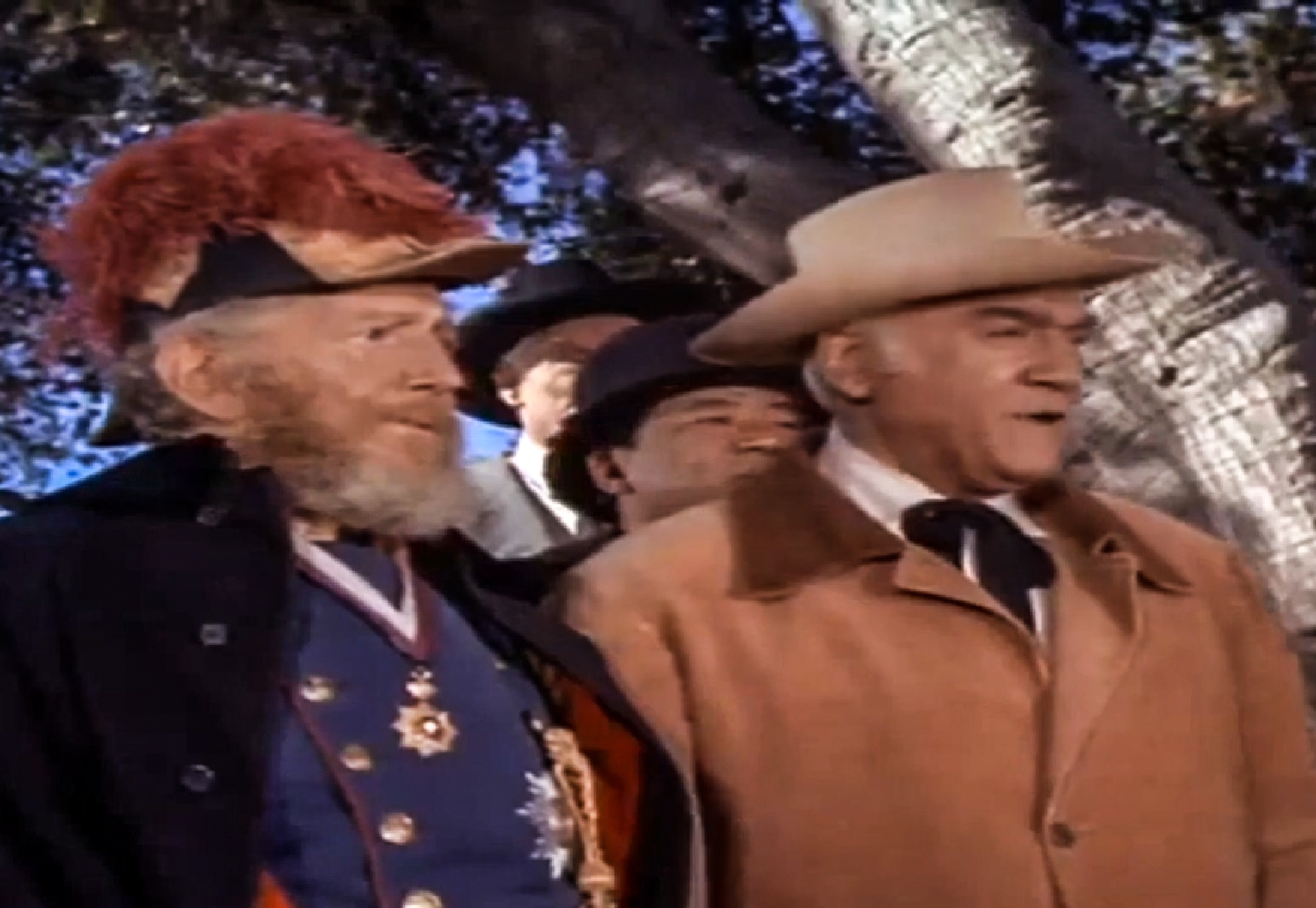 Bonanza(1966),National Broadcasting Company (NBC)
Bonanza(1966),National Broadcasting Company (NBC)
49. The Rumors Were False
Some people around America and the world still held the belief that Norton was a rich man, a prince even, who was only pretending to be a pauper. His belongings quickly and horribly put those rumors to rest. The authorities discovered that Emperor Norton's total savings were less than three dollars.
Still, what they found in his house was nothing short of unbelievable.
50. They Found Bizarre Stuff In His House
When officers searched Norton’s house, they dove right into his imaginary world as an emperor. Their findings were bone chilling. Norton was so deep into his delusions, they actually found fake telegrams purporting to be from Tsar Alexander II of Russia, where the Tsar congratulates Norton on his upcoming marriage to Queen Victoria.
Another message was supposedly from the President of France, discouraging Norton from taking on that same union because it would destroy the peaceful balance of the world.

